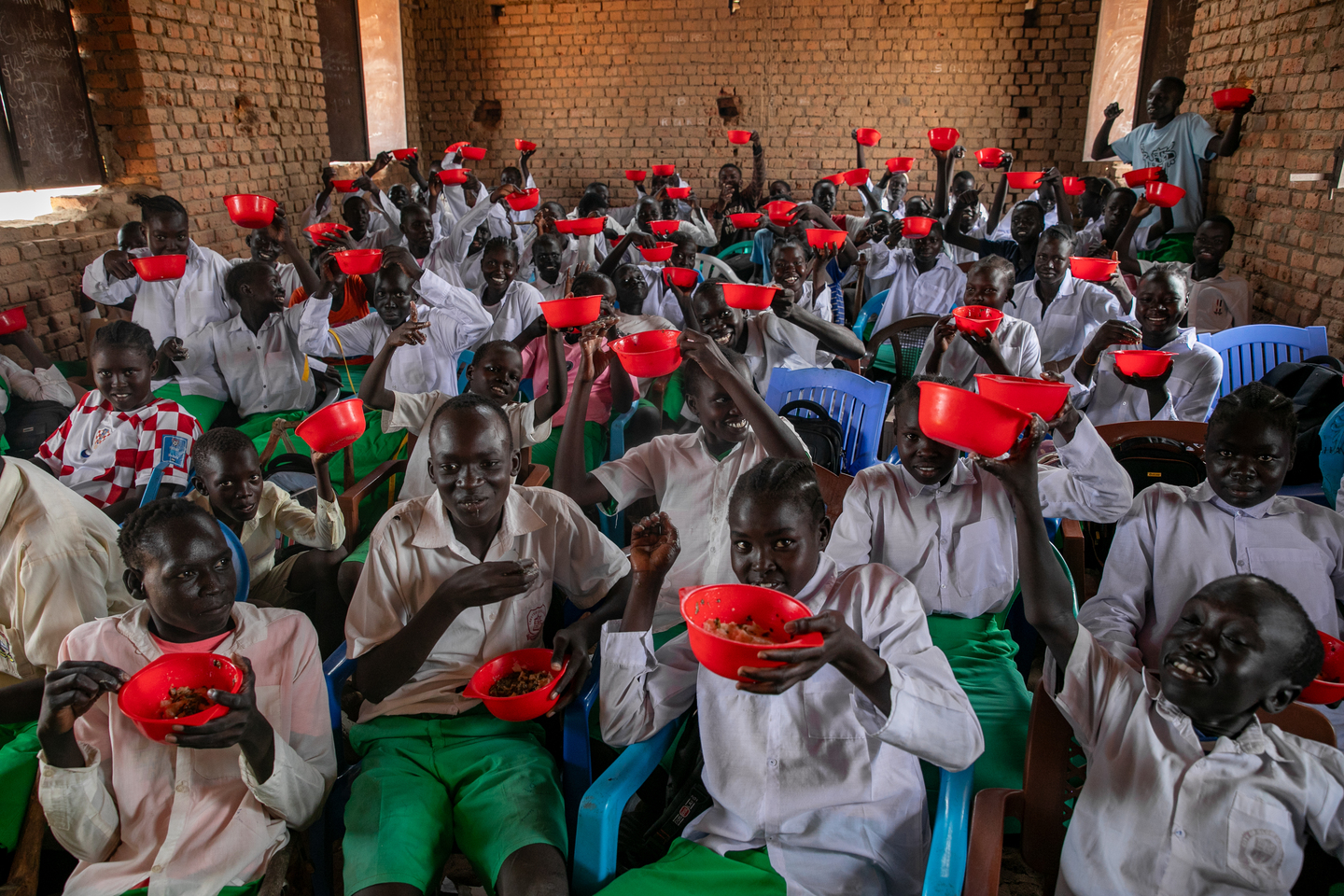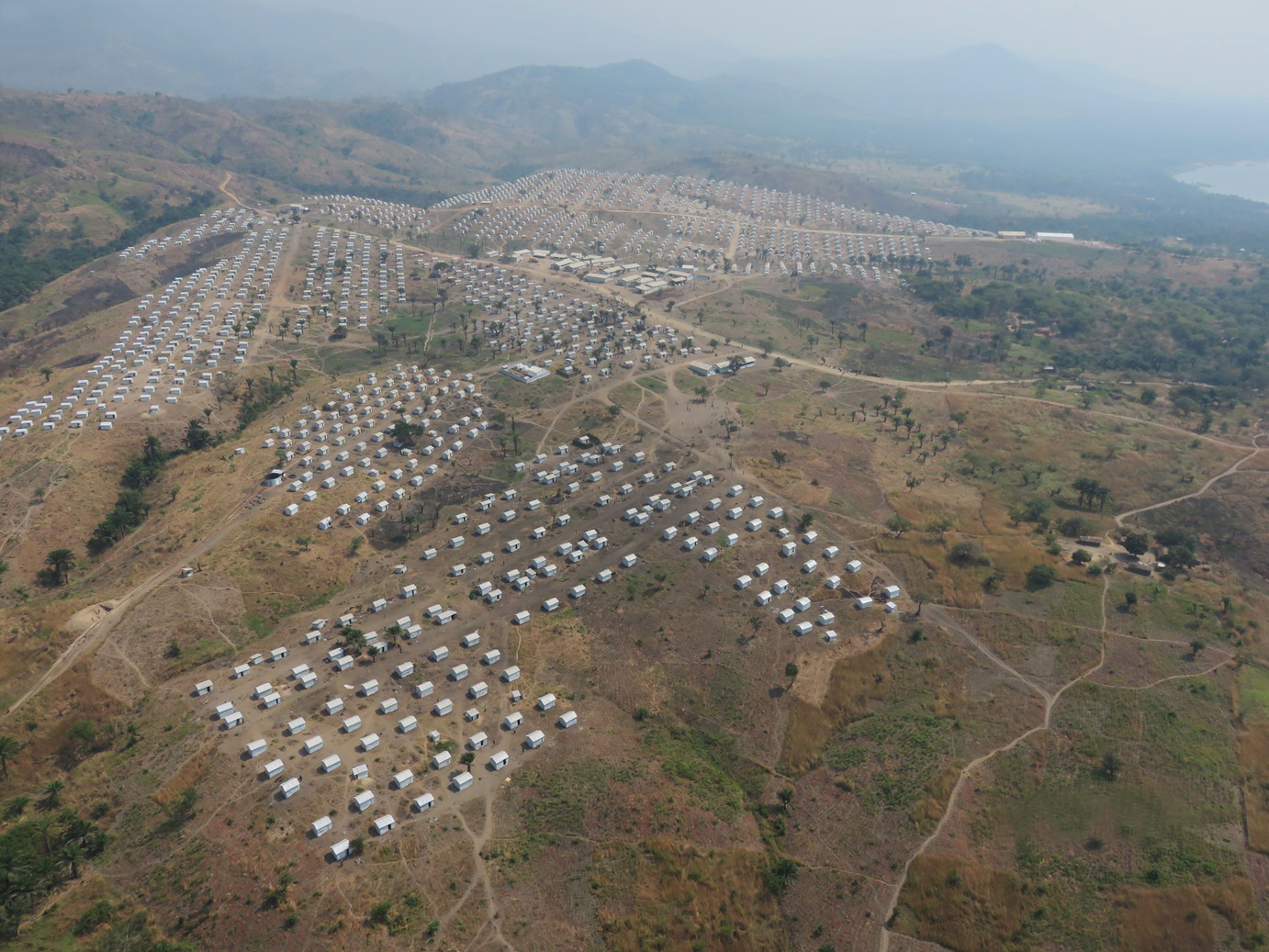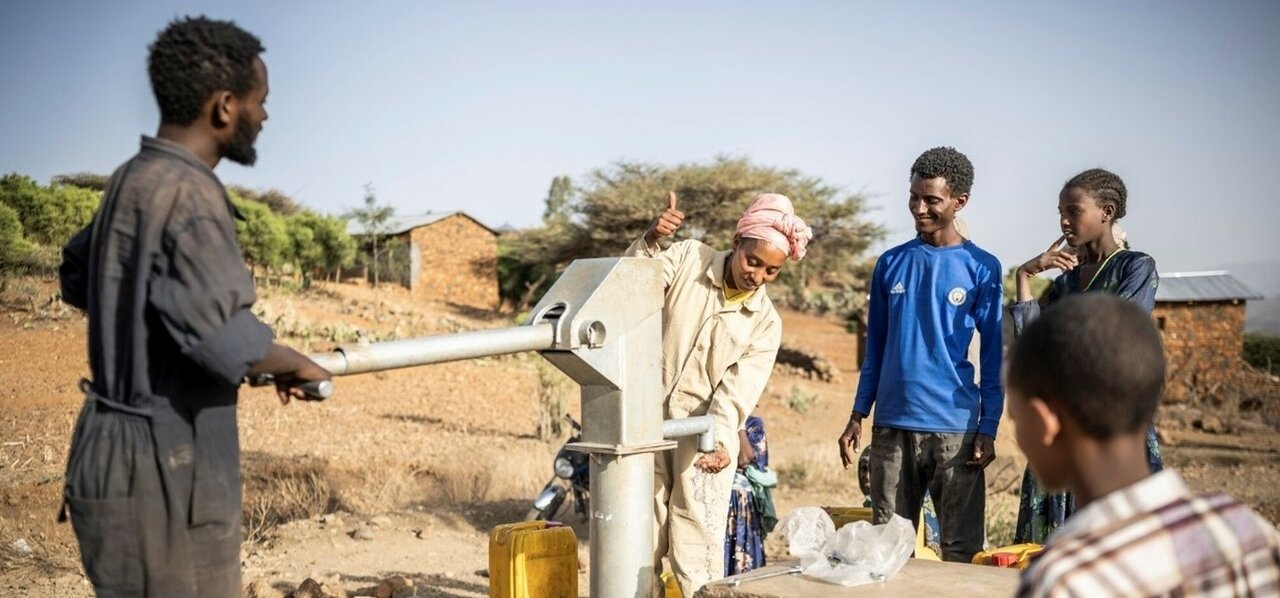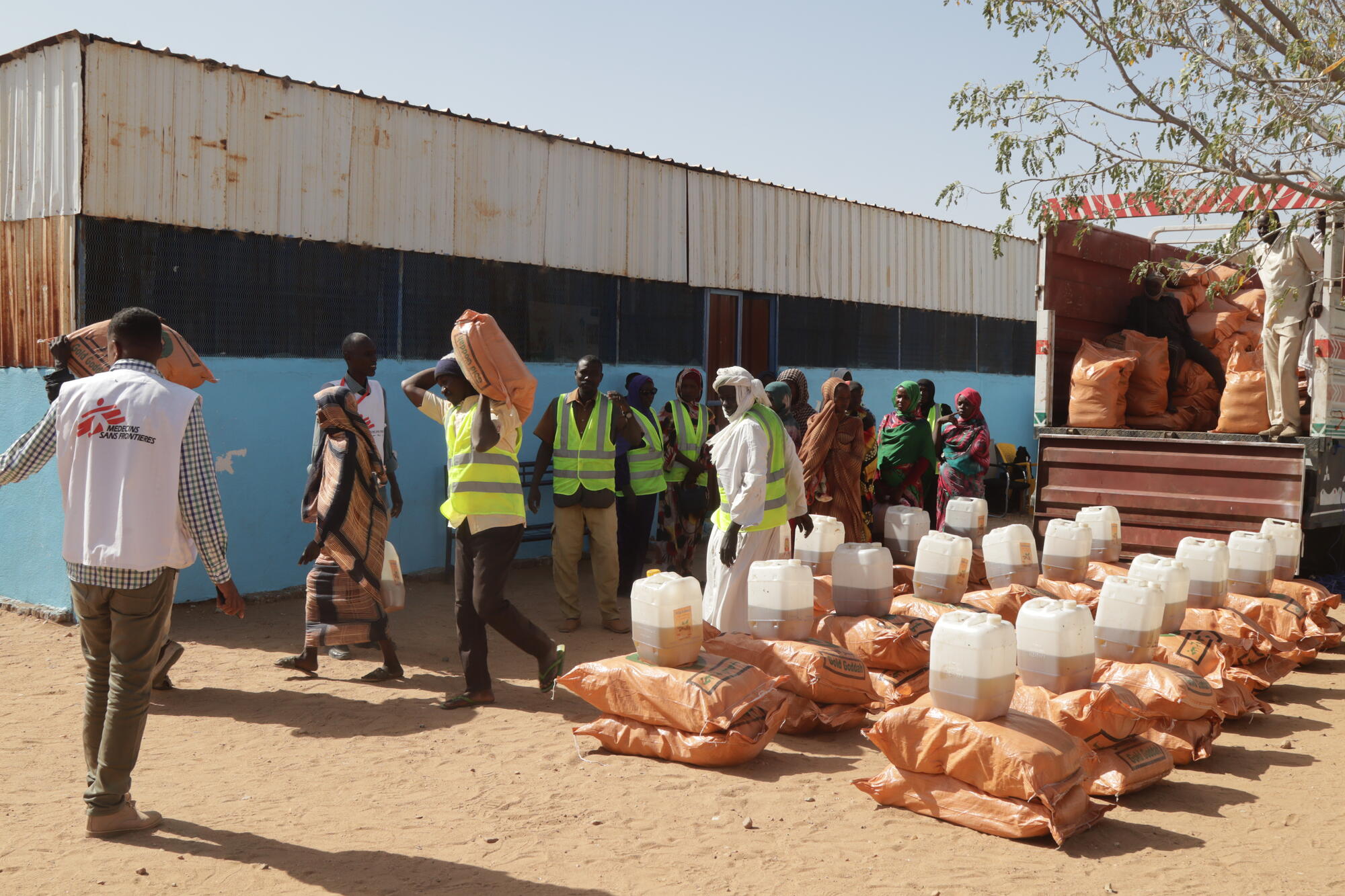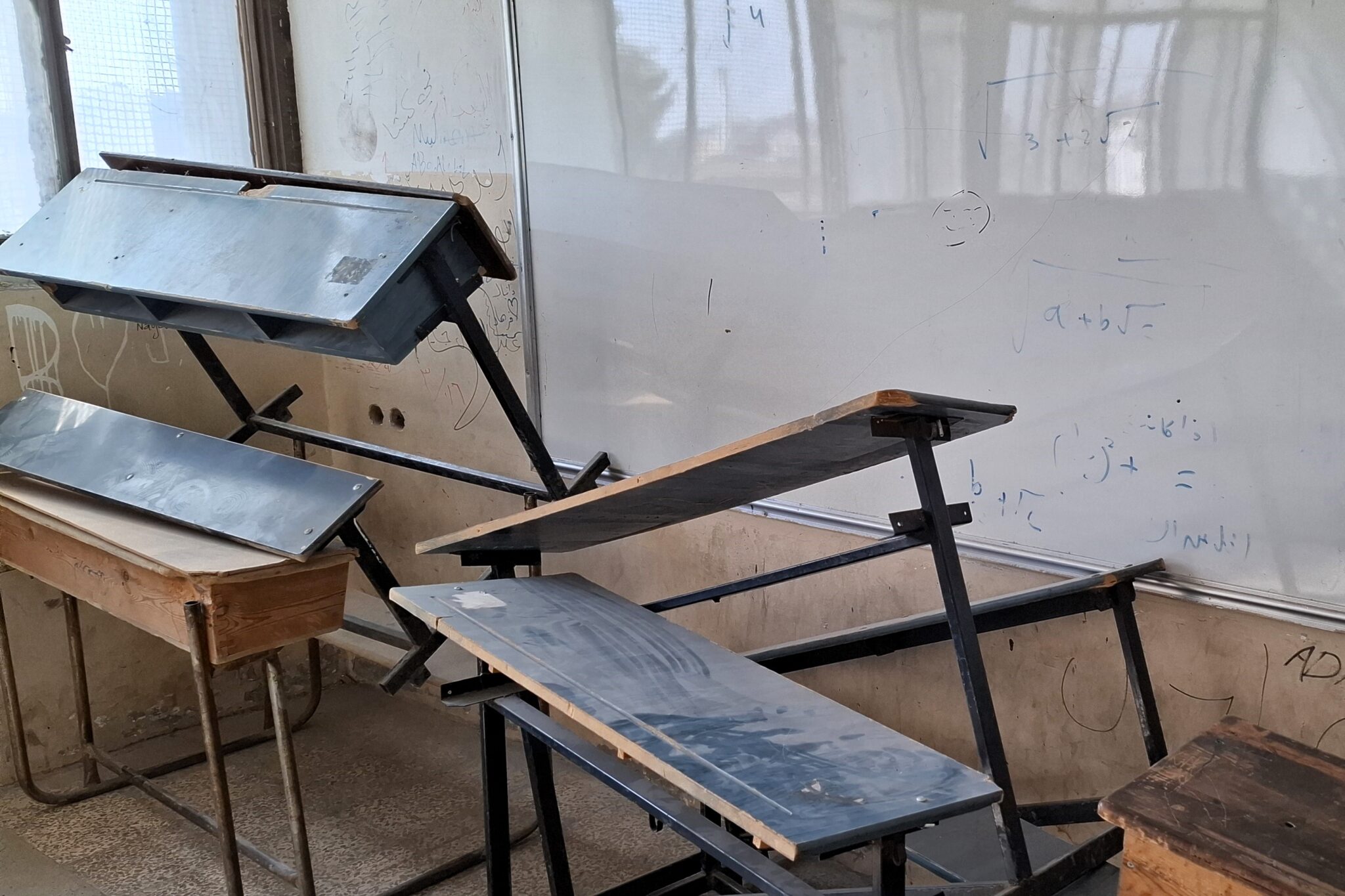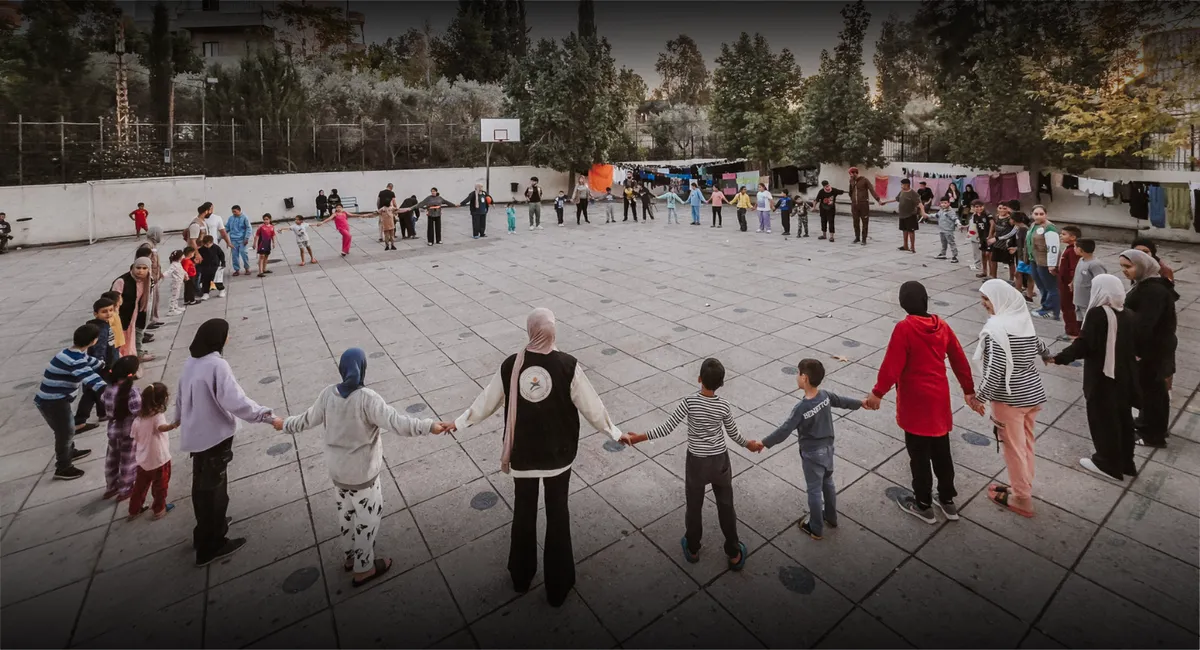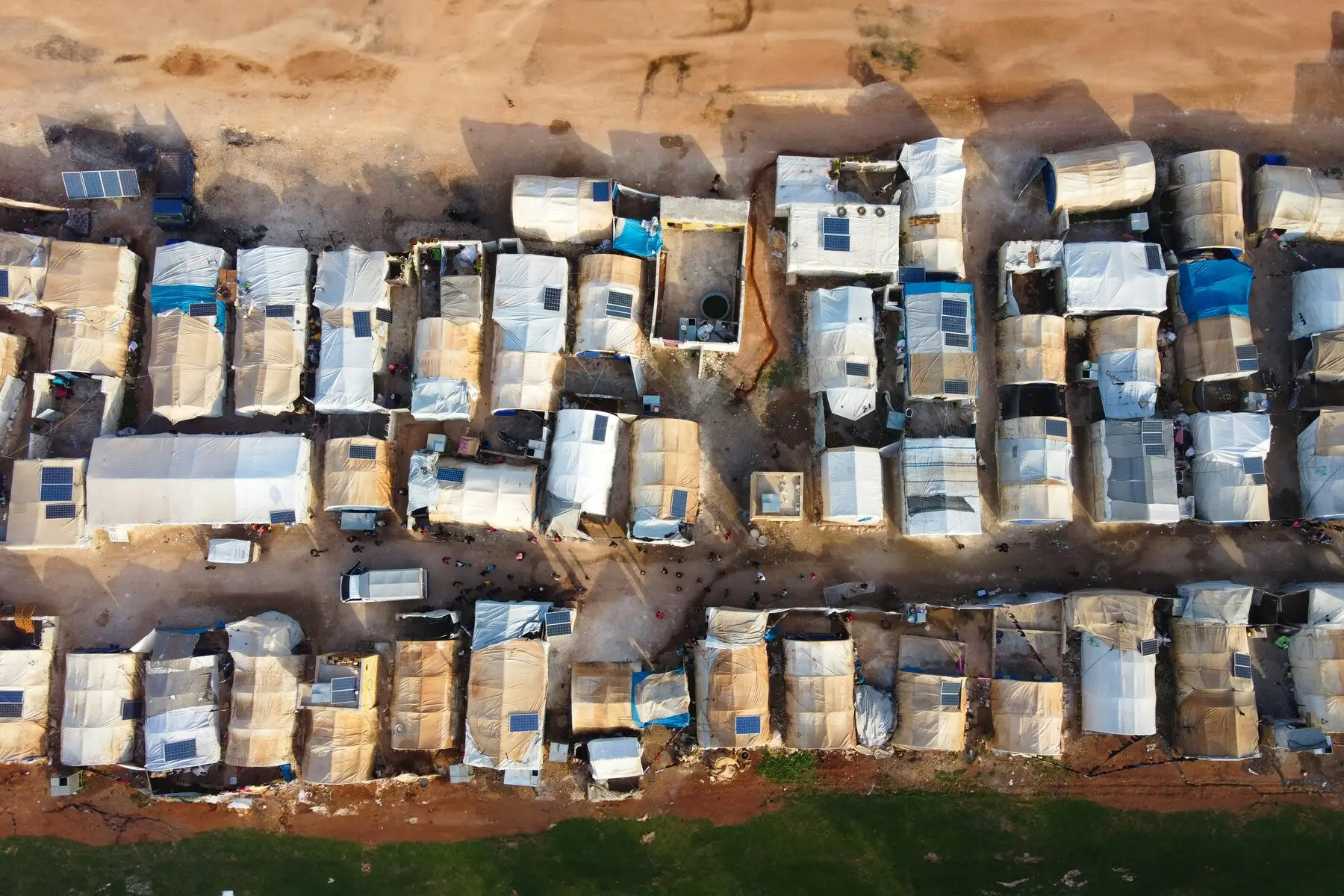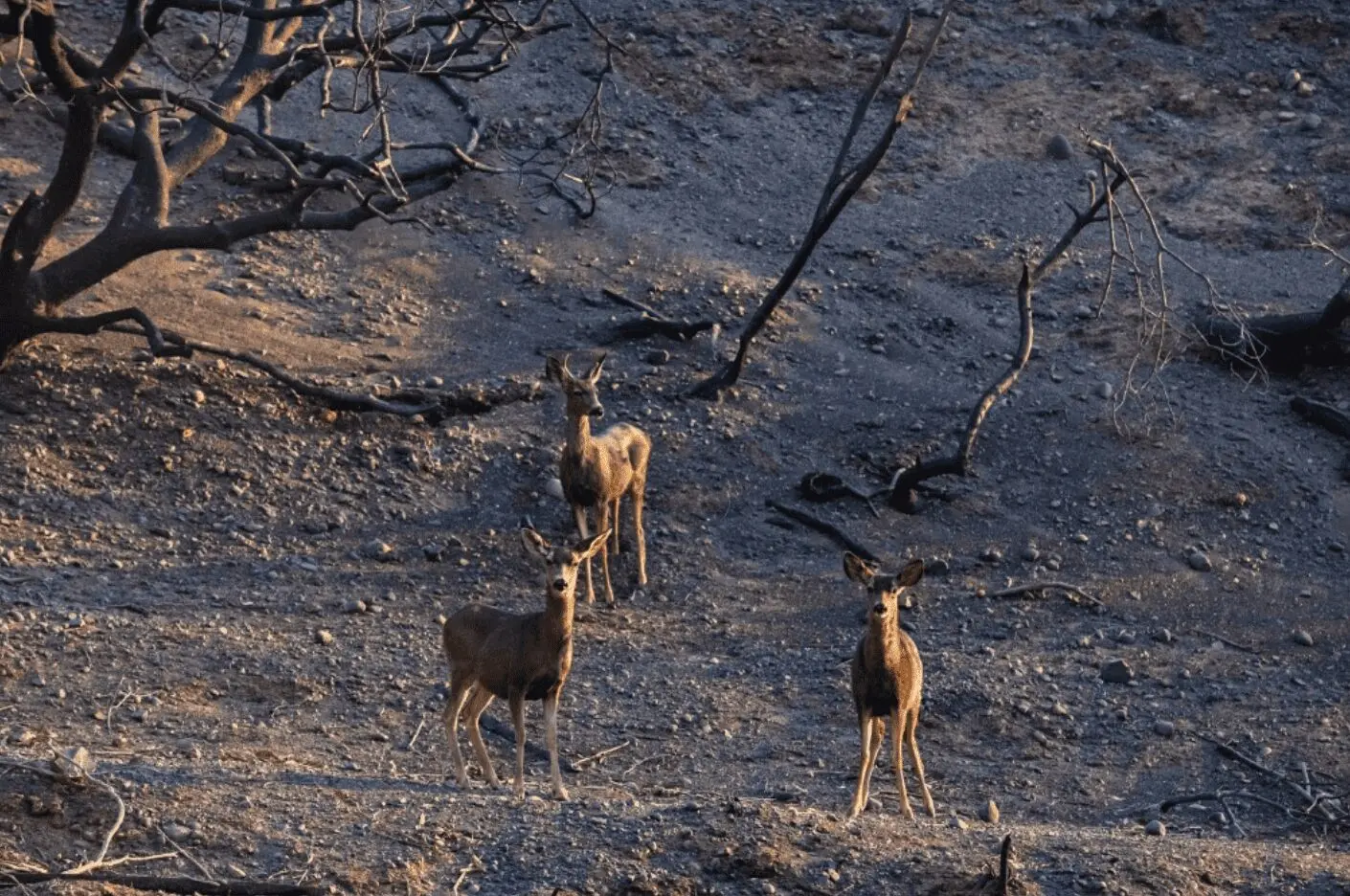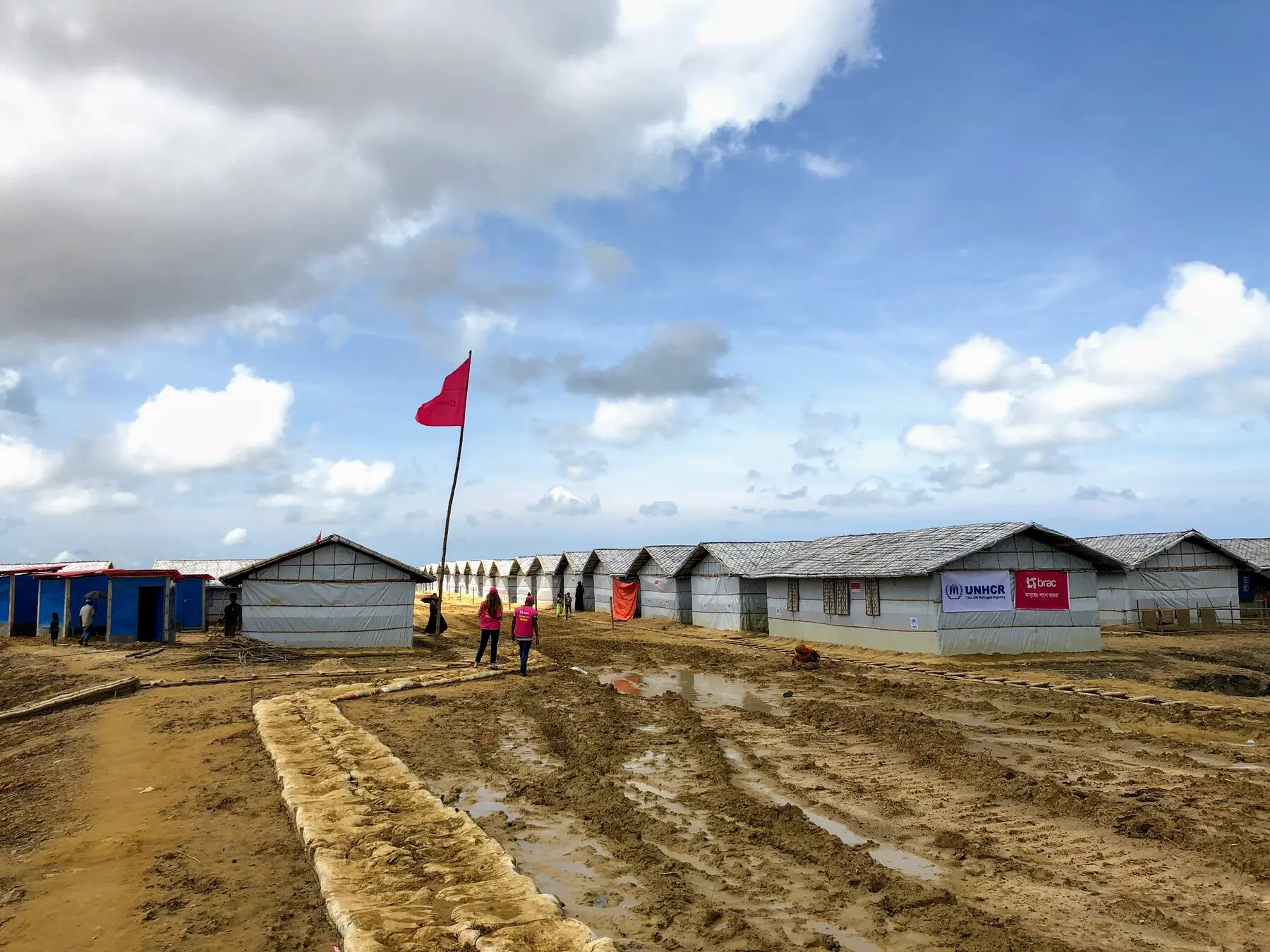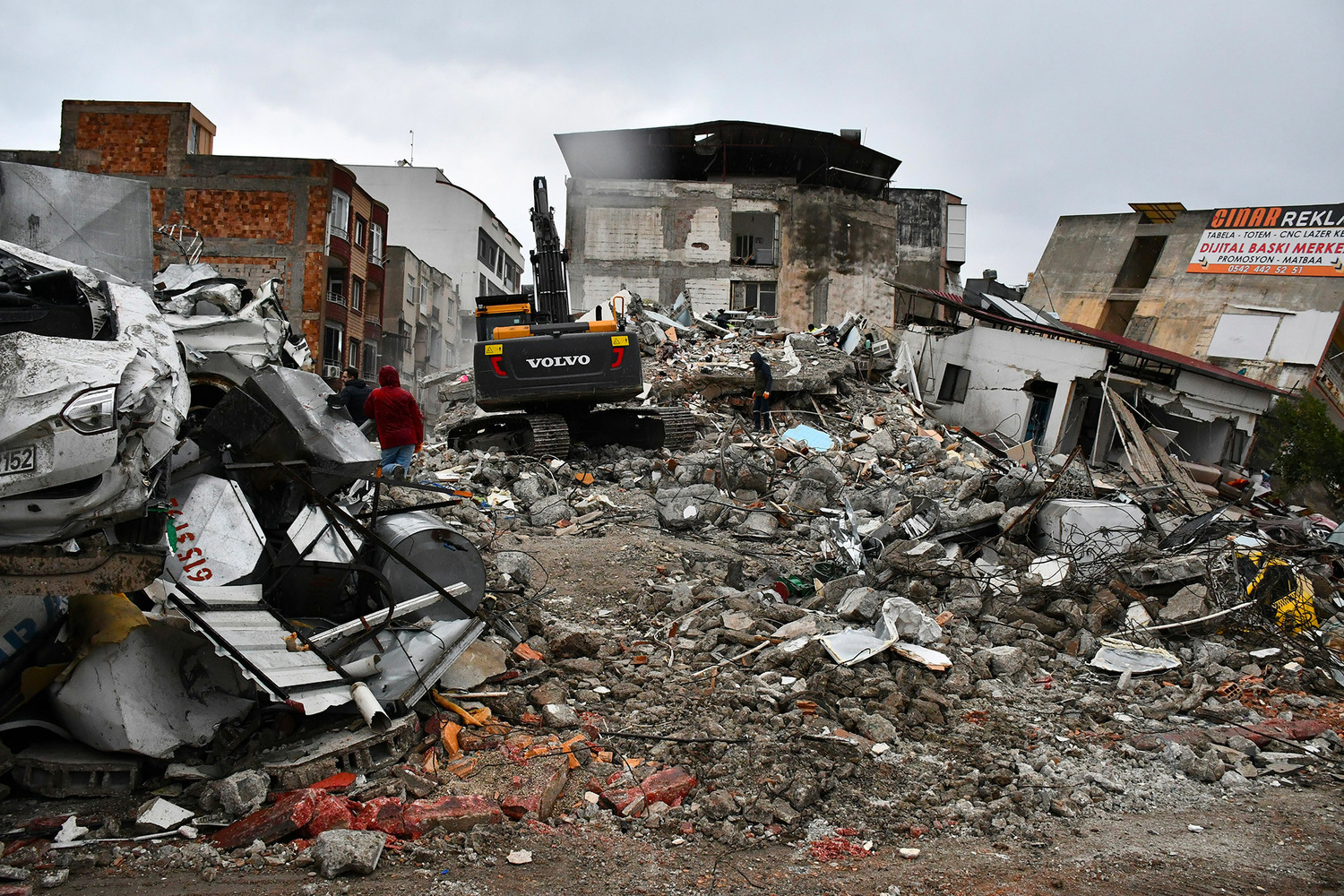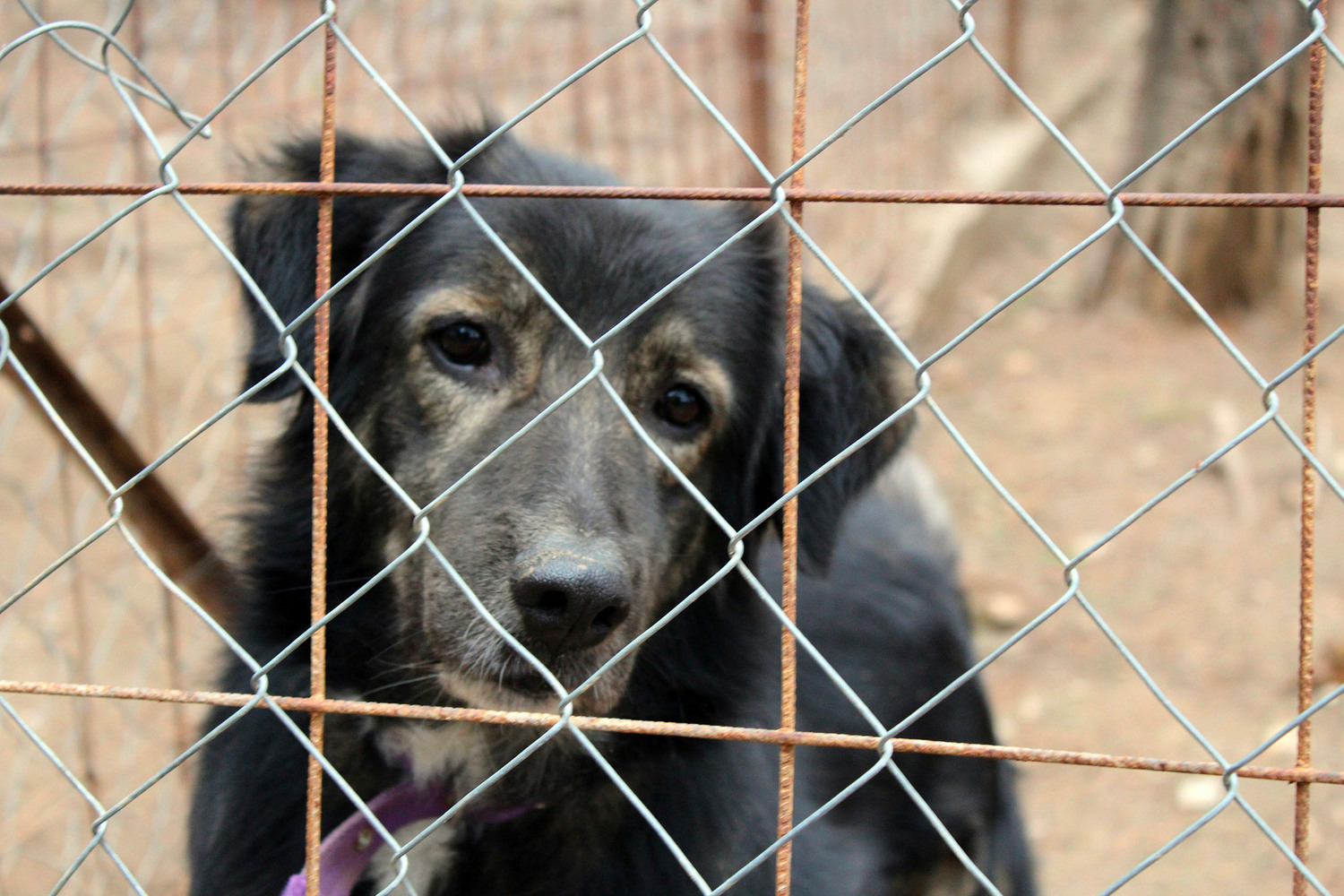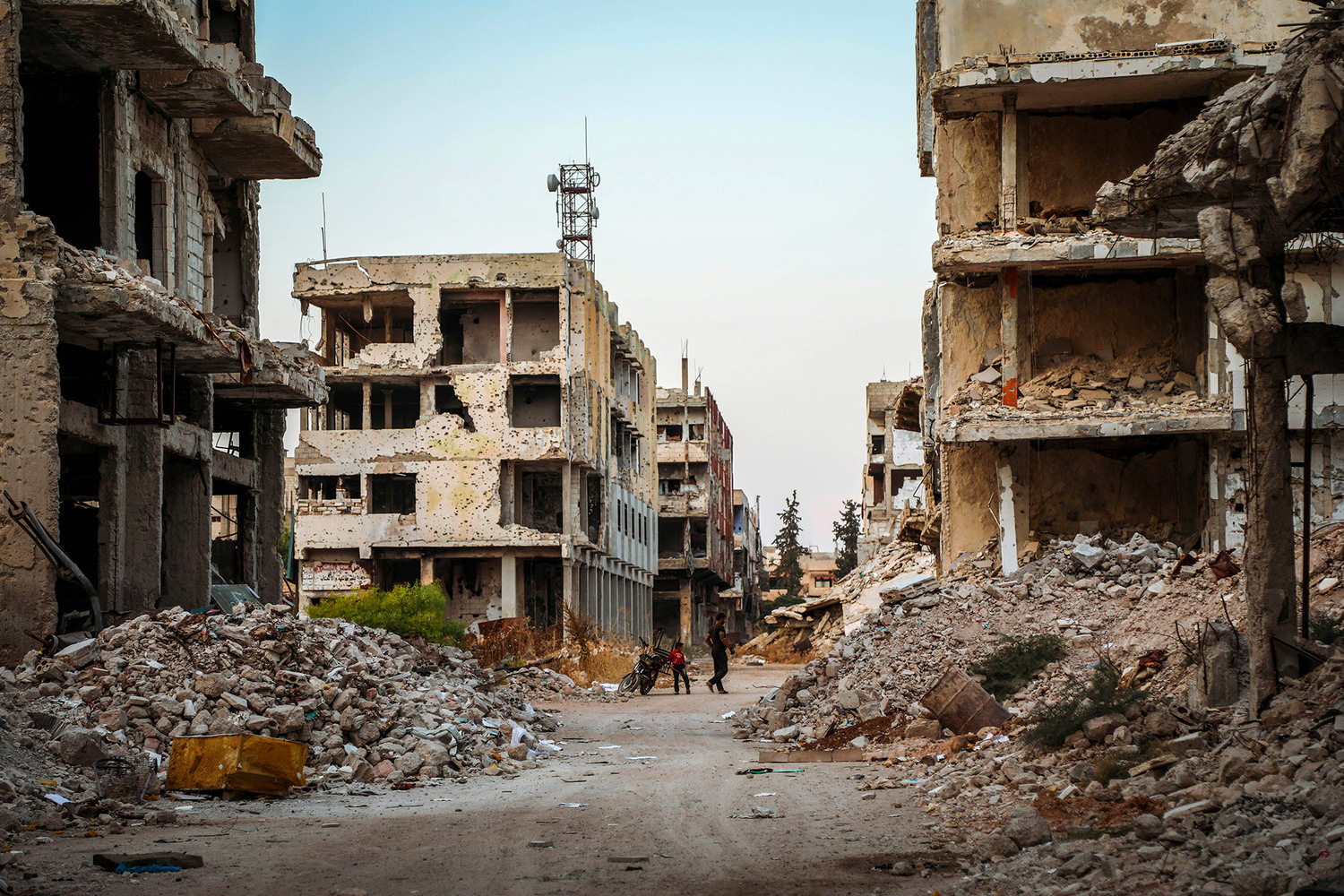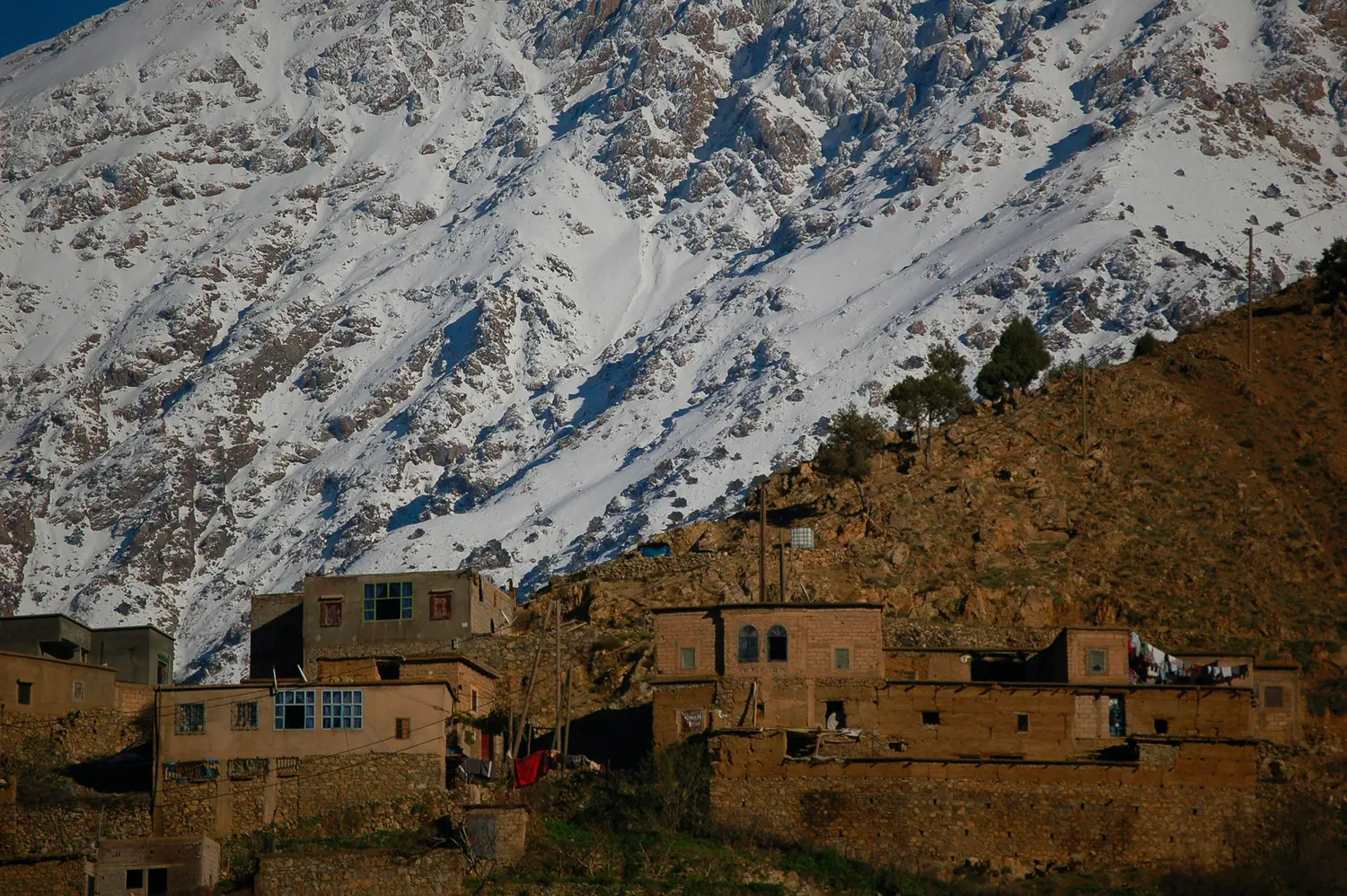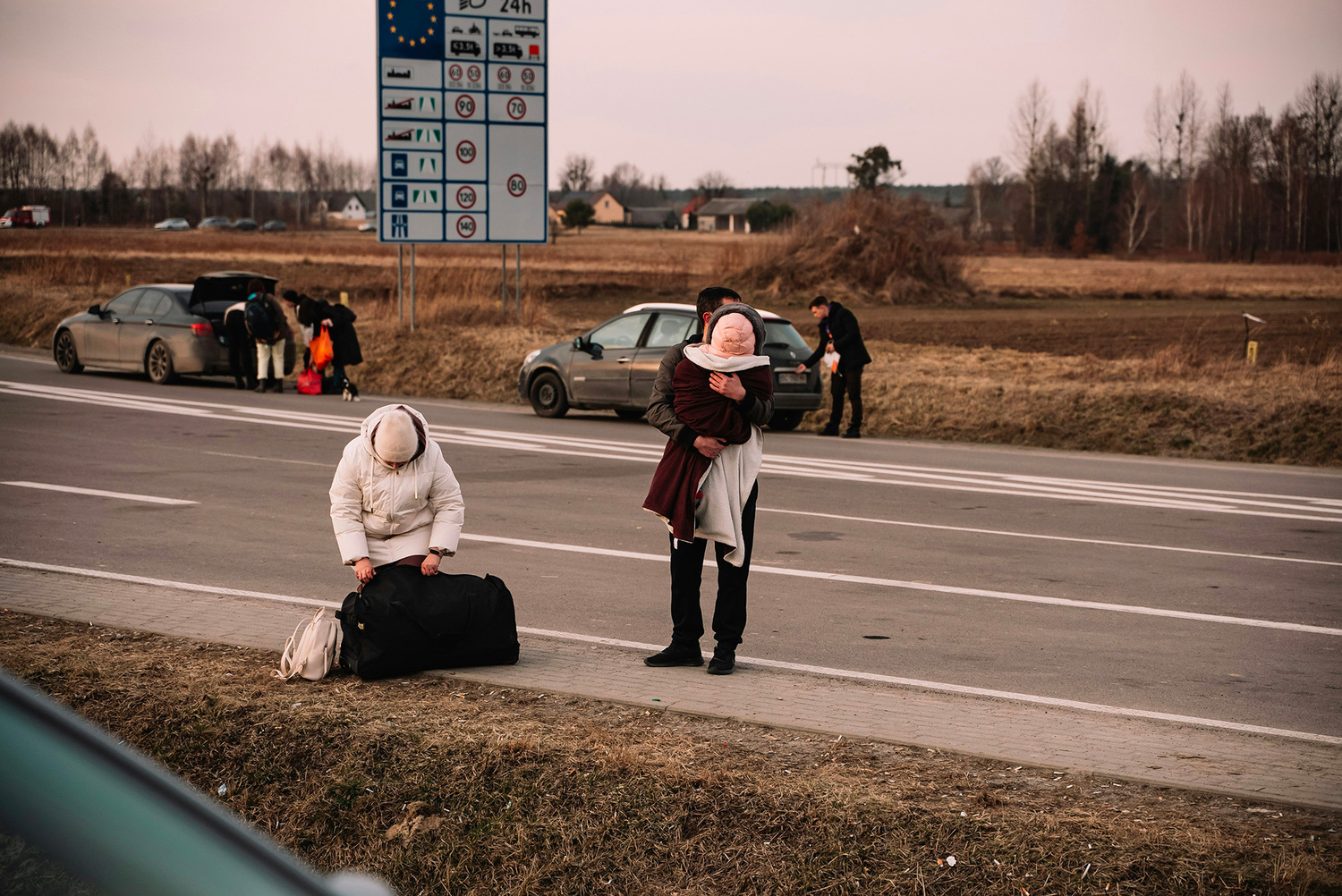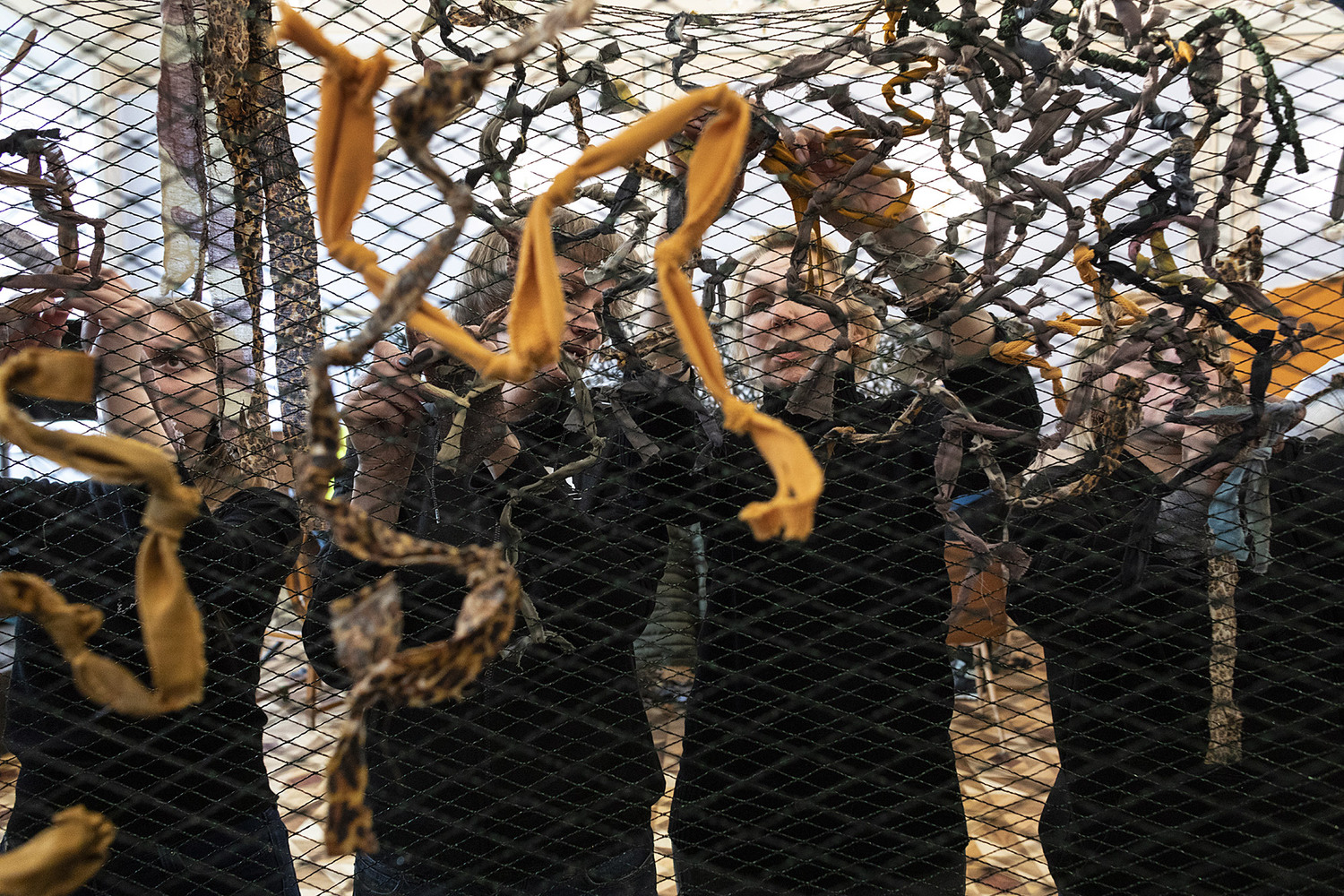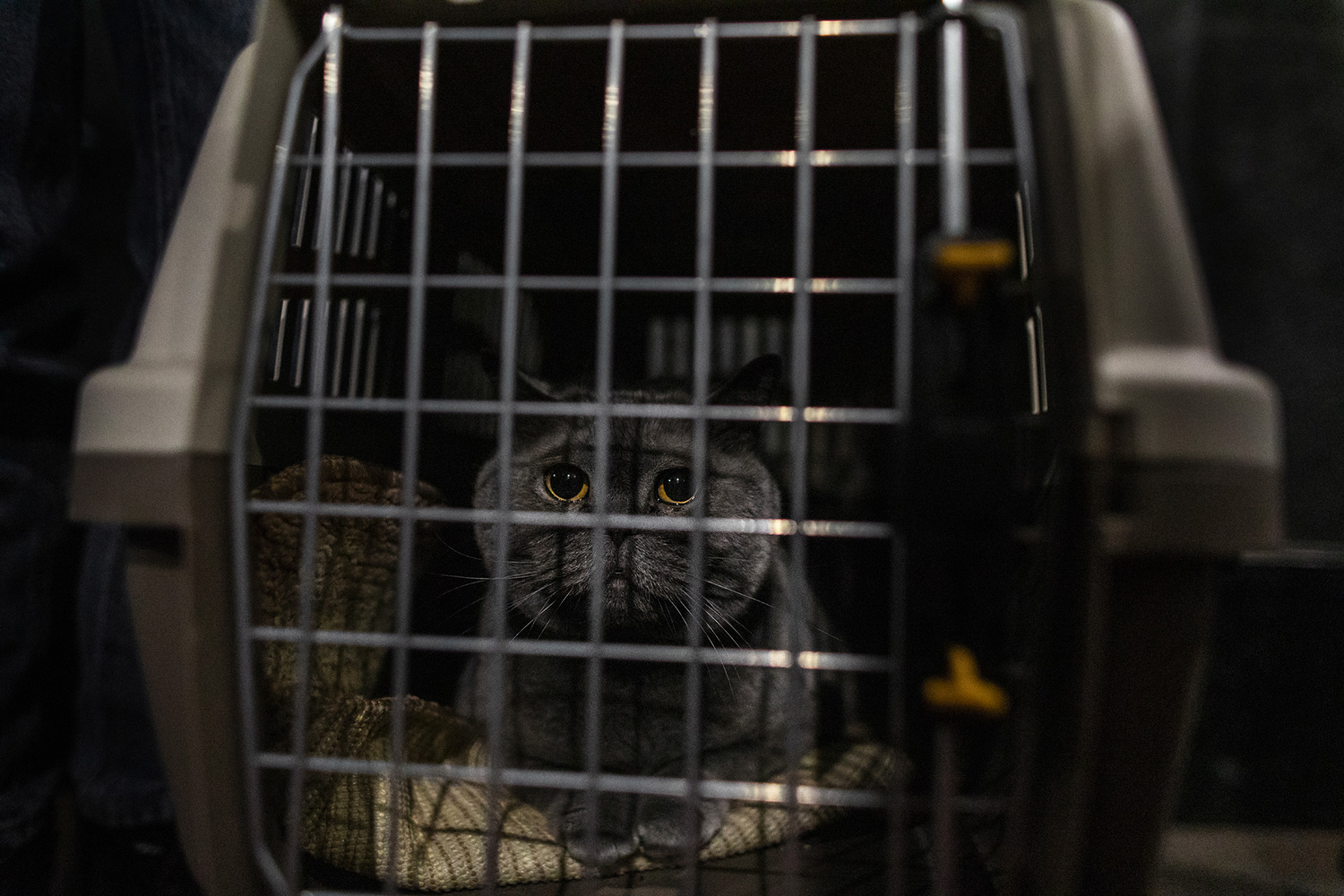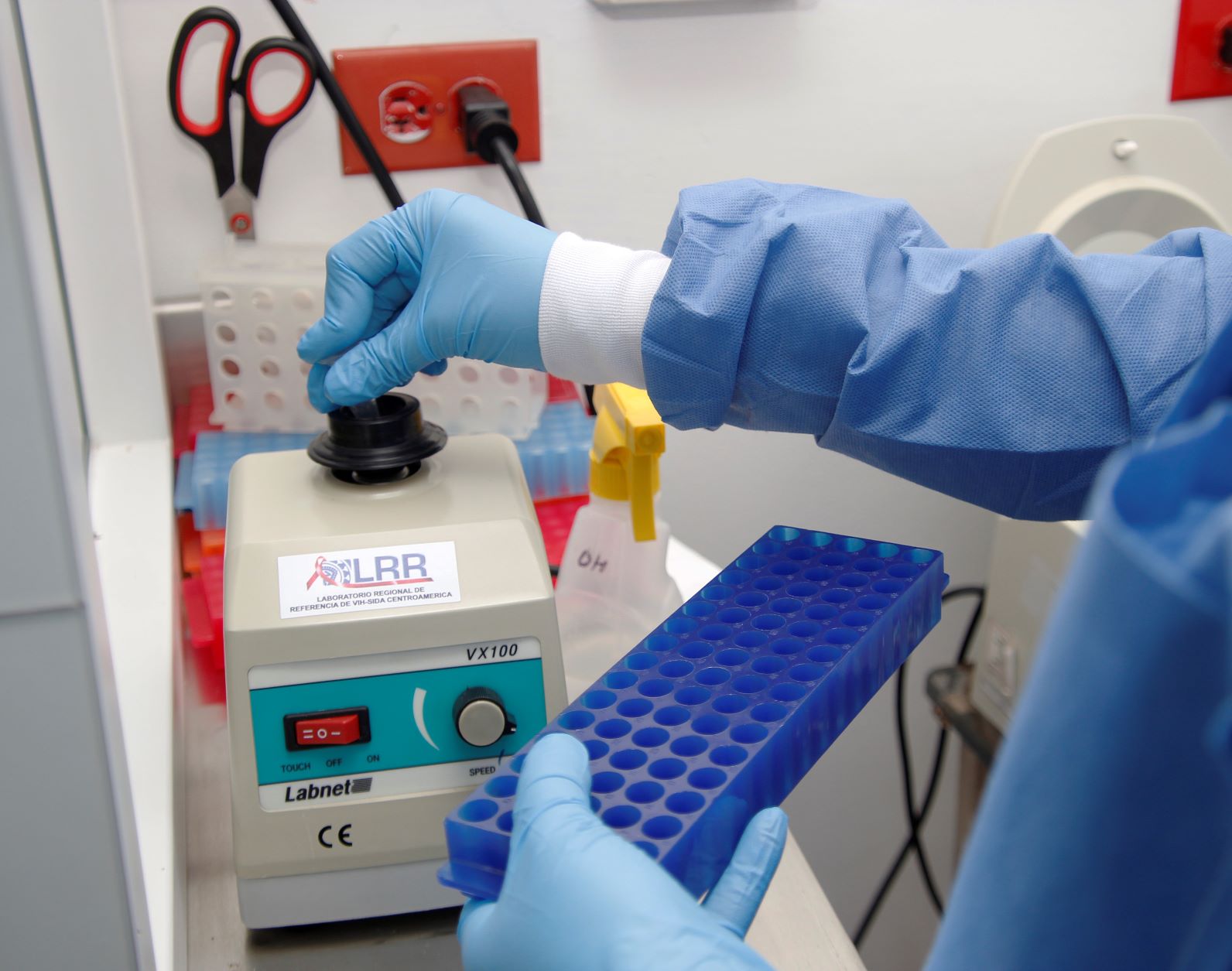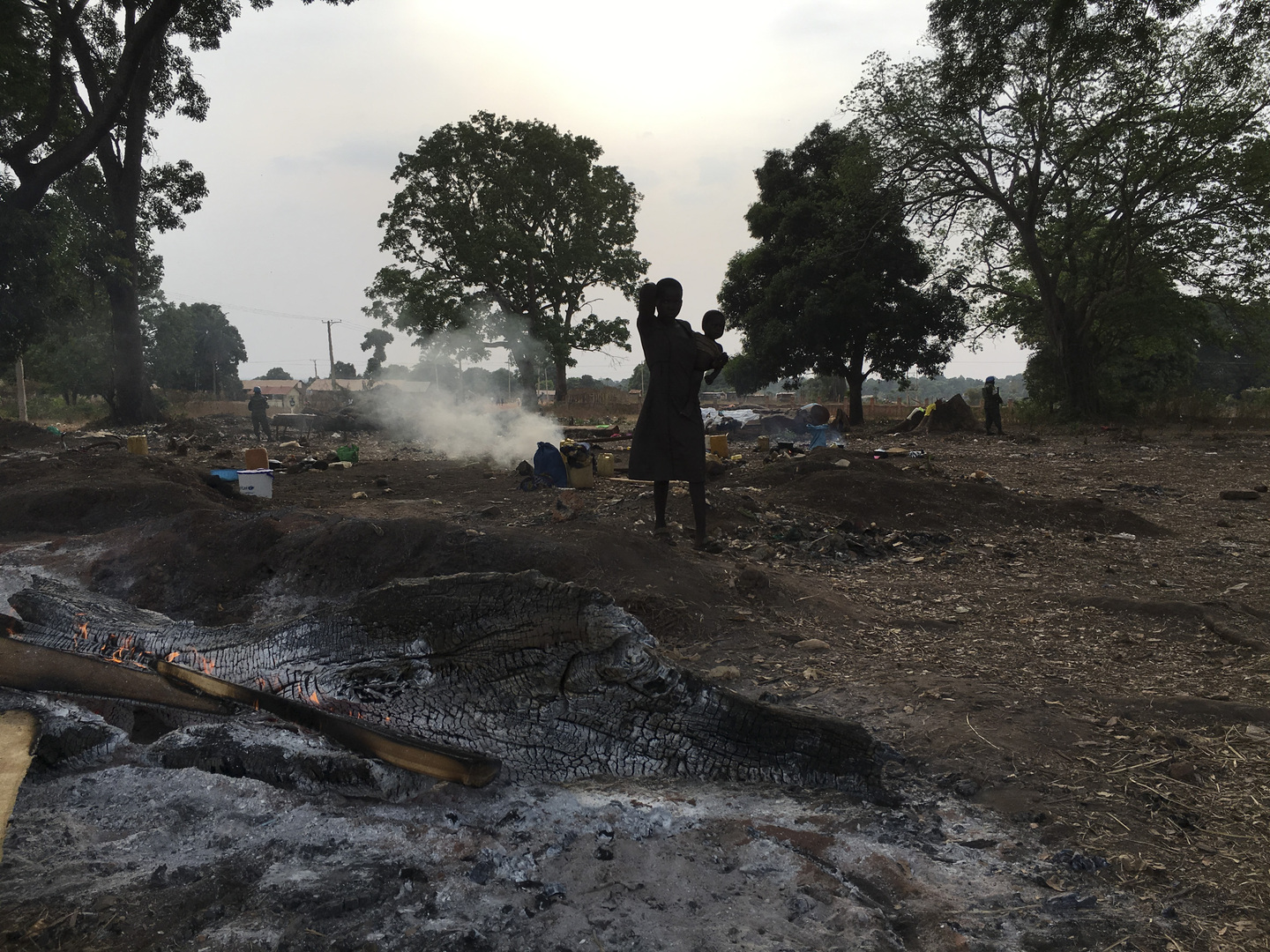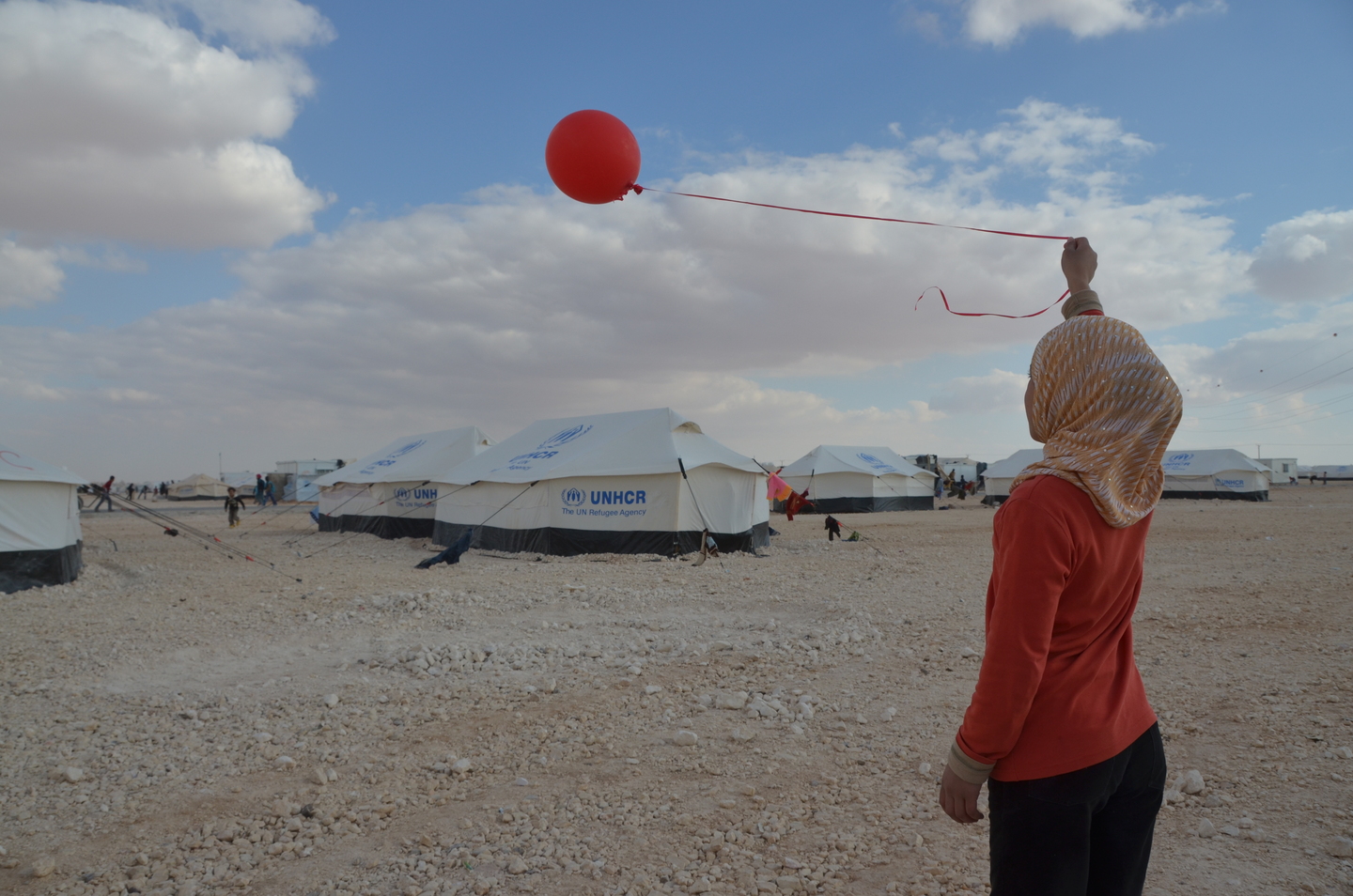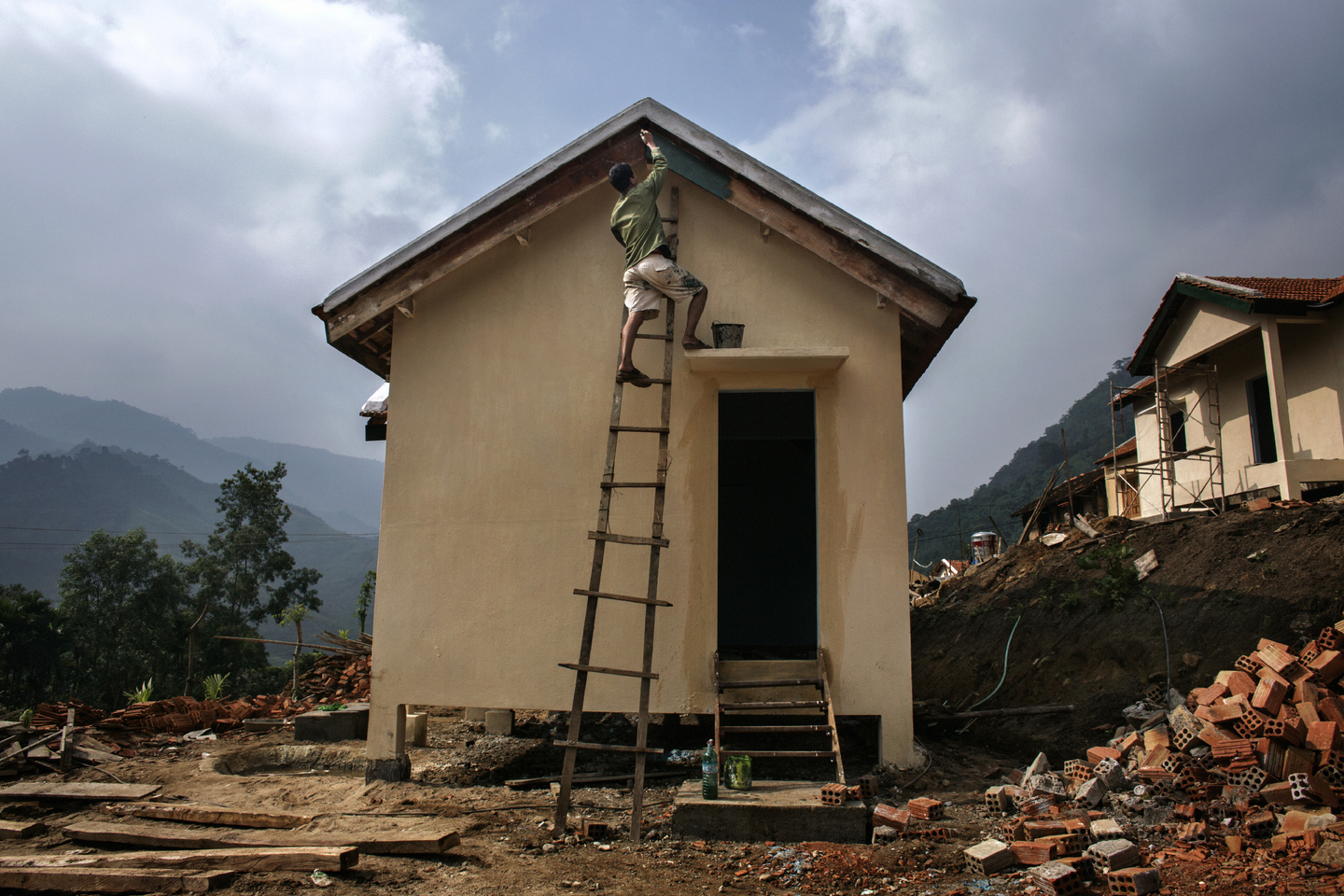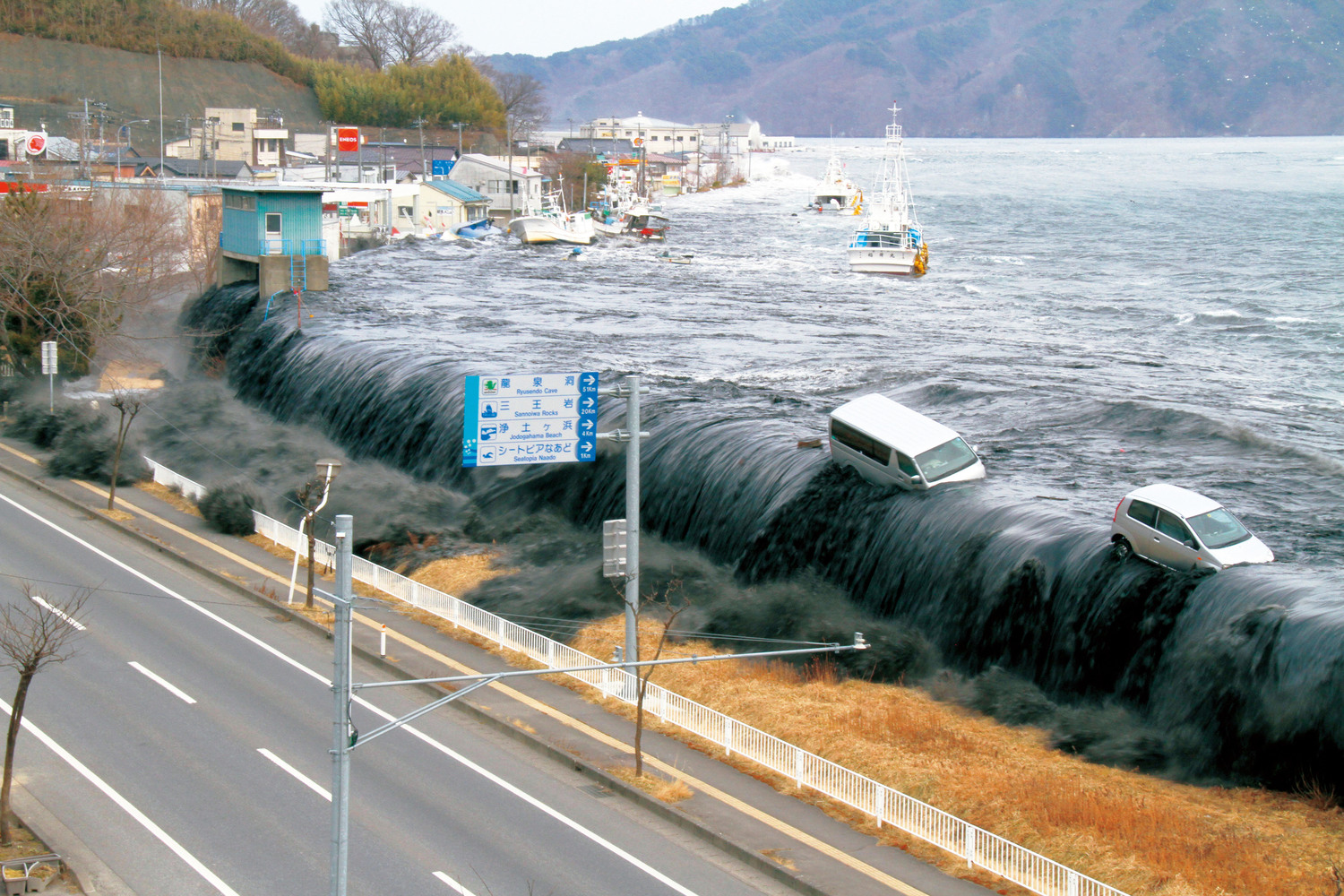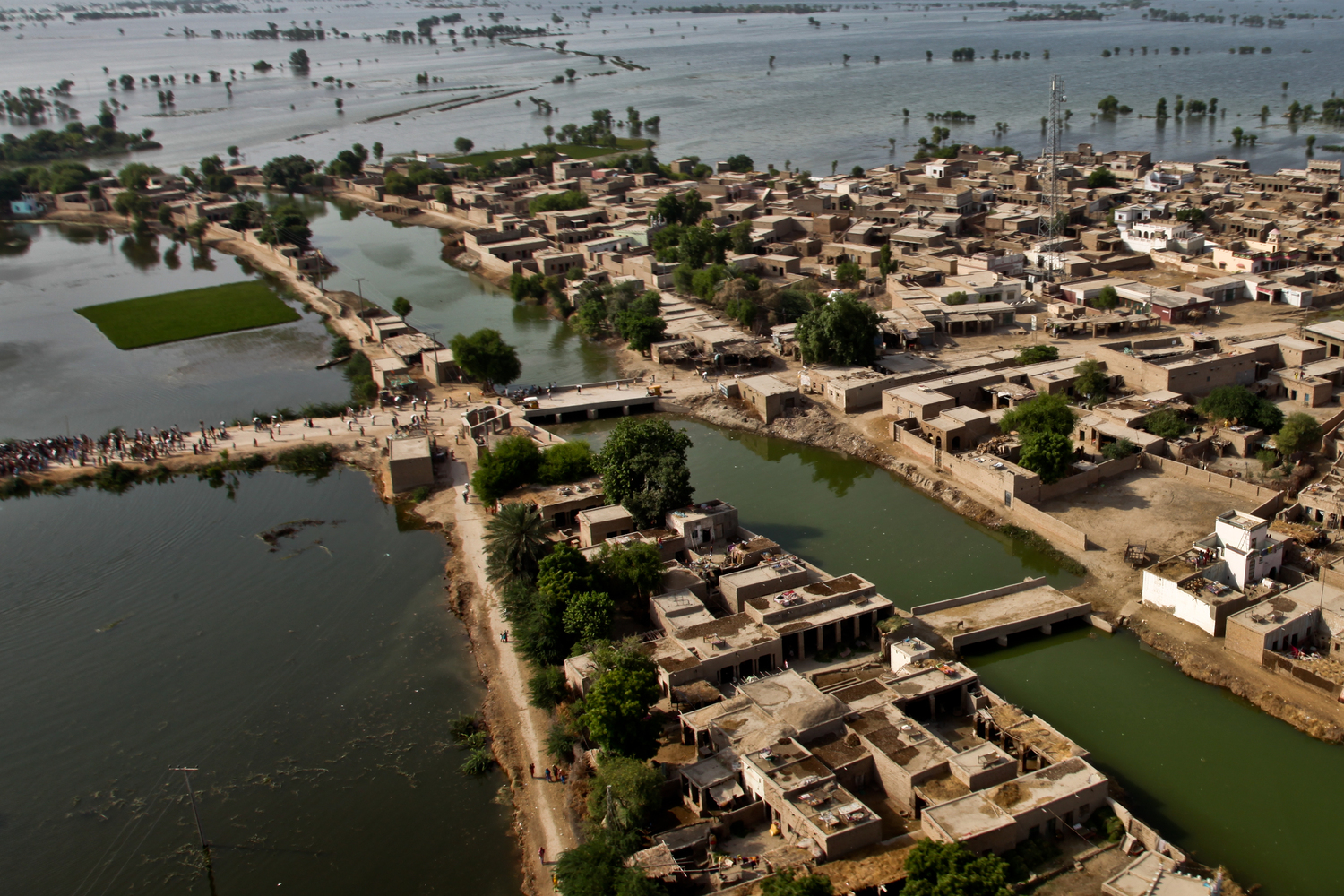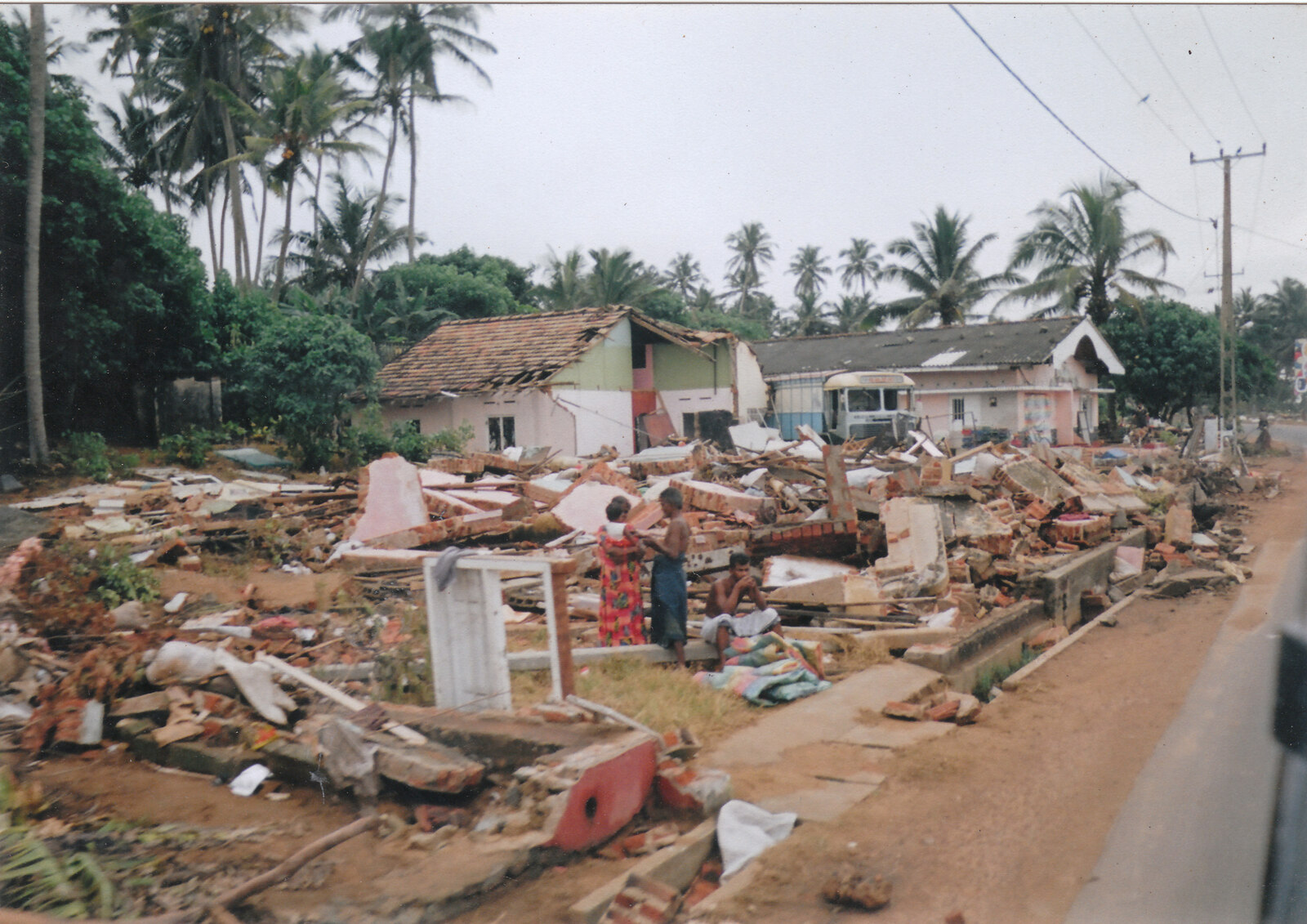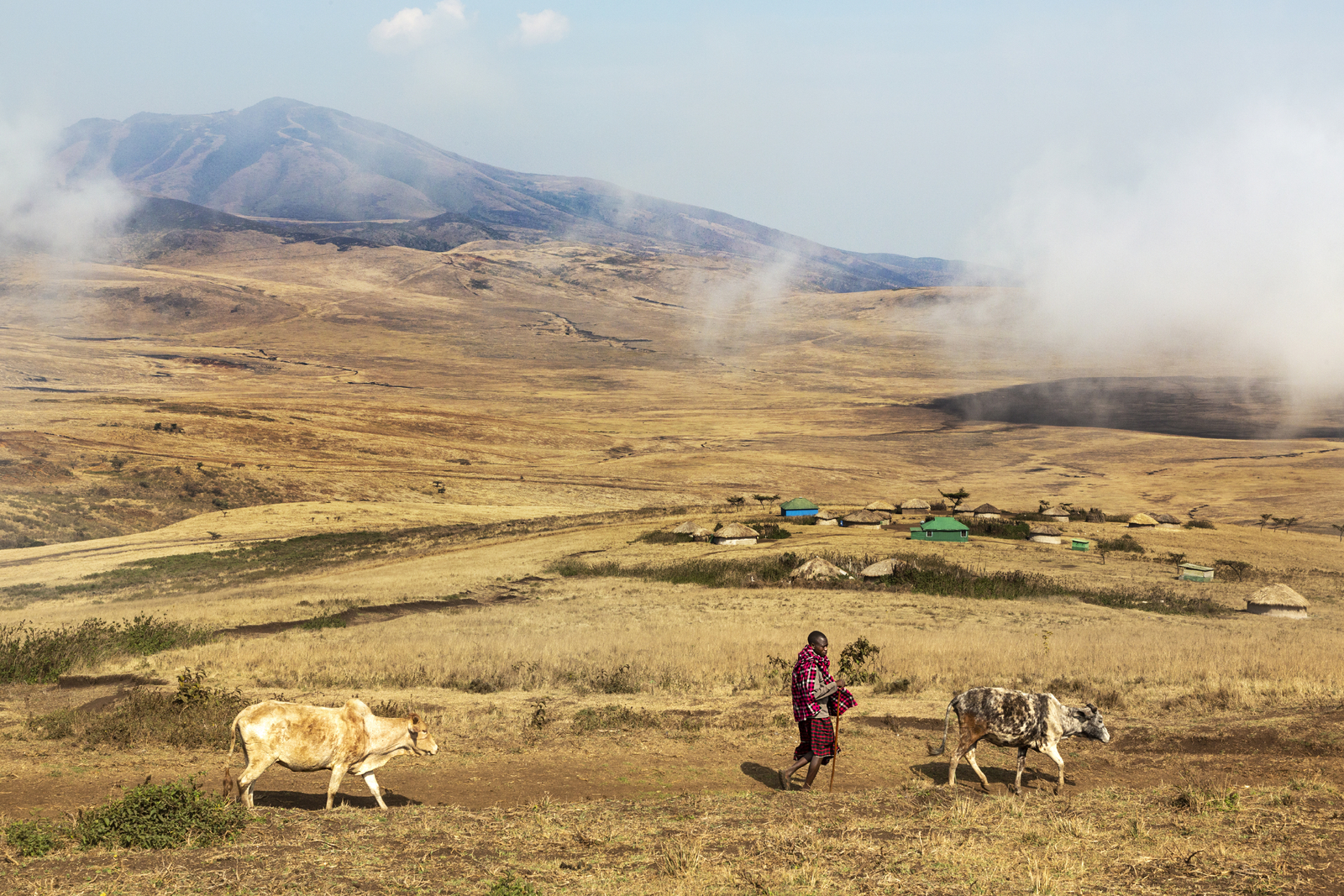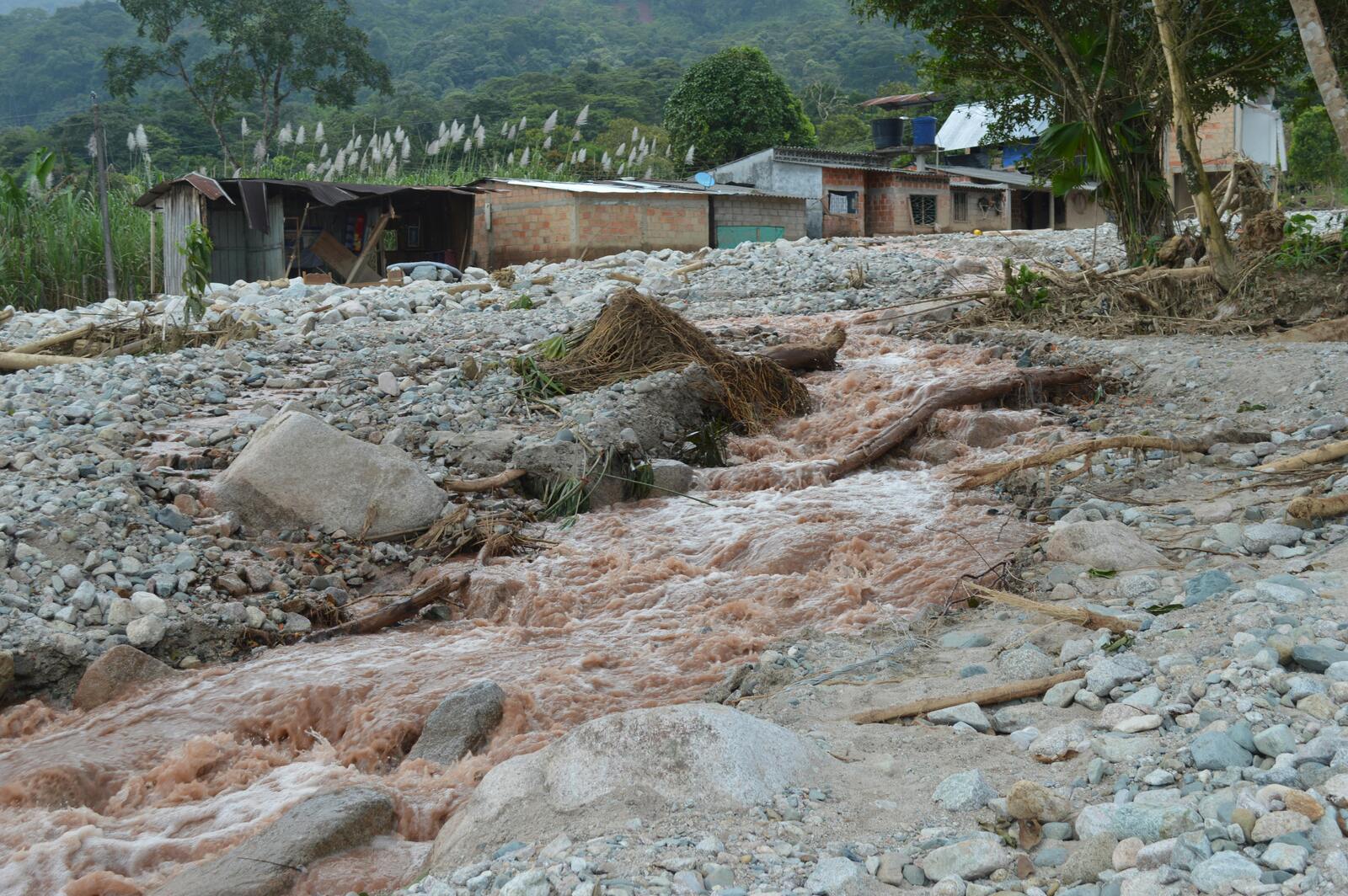Emergency Relief
Since its establishment in 2000, the Nando and Elsa Peretti Foundation has been dedicated to providing rapid and effective humanitarian aid in response to natural disasters, conflicts, and protracted crises. Partnering with NGOs, UN agencies, and civil society organisations, the Foundation ensures timely relief while also supporting long-term recovery and resilience-building efforts.
The NaEPF’s humanitarian actions are guided by careful risk assessment, due diligence, and accountability. Emergency response frameworks prioritise efficiency, transparency, and impact, ensuring that resources are deployed where they are most needed. The Foundation recognises the interconnection between human and animal welfare, supporting targeted relief actions for animals affected by crises. Through its emergency relief efforts, the Nando and Elsa Peretti Foundation upholds its commitment to human dignity, resilience, and global solidarity, ensuring that humanitarian aid is not just a response but a step towards lasting recovery.
The Foundation distinguishes between immediate emergency response and strategic, long-term interventions, adapting its support based on the nature and scale of each crisis:
Rapid Emergency Response activated within 72 hours for sudden crises such as earthquakes, armed conflicts, health emergencies, and environmental disasters. Funds are swiftly disbursed to pre-selected partners, ensuring immediate, life-saving assistance.
Protracted Emergency Relief Interventions addressing chronic humanitarian challenges where communities face prolonged displacement, conflict, or systemic service gaps. These initiatives focus on infrastructure rebuilding, education, vocational training, and capacity strengthening to foster sustainable recovery.
-
2025
 ©All rights reserved WFPP/Eulalia Berlanga
©All rights reserved WFPP/Eulalia Berlanga
Supporting WFP’s School Feeding Programme in South Sudan
Grantee: World Food ProgrammeIn South Sudan, years of conflict, climate shocks and ongoing war in neighbouring Sudan have deepened the humanitarian crisis, causing widespread malnutrition and driving more than 2.8 million children out of school, depriving them of education and opportunity.
In 2025, reaffirming its long-standing commitment to South Sudan and to protracted humanitarian crises, the Nando and Elsa Peretti Foundation renewed its partnership with the World Food Programme (WFP) by supporting its school feeding programme in South Sudan’s Lakes State. The three-year initiative targets 6,500 schoolchildren across 12 schools in Cueibet County.
The programme provides a critical safety net that improves children’s nutrition, health and education outcomes while contributing to the reception of protection risks such as early pregnancy and child marriage. WFP implements a combination of on-site school meals, take- home rations, cash-based transfers, and a home-grown school feeding model that strengthens local food systems and supports community resilience. Through the NaEPF’s support, the project will also benefit approximately 3,000 smallholder farmers, the majority of whom are women, and 10 local retailers, generating positive ripple effects for local livelihoods, economic empowerment and community development.
-
2025

Supporting UNHCR humanitarian operations in Burundi refugee camps
Grantee: UNHCRThe ongoing conflict in North and South Kivu has displaced thousands of Congolese into Burundi since February 2025.
In coordination with partners, UNHCR is responding to the urgent needs of over 15,800 refugees in Cibitoke and at the Musenyi site. The influx has placed severe pressure on water, sanitation, and hygiene services, shelter, and healthcare provision, while protection risks for the displaced population continue to rise.
The Nando and Elsa Peretti Foundation (NaEPF) supports UNHCR’s multisectoral emergency response in Burundi to addresses urgent humanitarian needs for one year till May 2026.
-
2025

Supporting Helvetas REPASS Recovery Program in the Tigray Region, Ethiopia
Grantee: Helvetas Swiss IntercooperationDespite recent notable progress, Ethiopia remains among the world’s poorest nations. Since 2002, Helvetas, an independent Swiss development organisation, has implemented initiatives to strengthen rural livelihoods and enhance environmental resilience, employing interventions ranging from erosion control and land restoration to rainwater harvesting and improved connectivity in remote areas.
Helvetas has a long-standing presence in the Tigray region, which has been severely affected by recurrent droughts, the COVID-19 pandemic, and the armed conflict that began in November 2020. This conflict resulted in the displacement of an estimated 1.8 million people, significant loss of life, and the widespread destruction of critical infrastructure. Although the 2022 Cessation of Hostilities Agreement brought partial stability, areas such as Abergele Yechila, Samre, and Seharti remain deeply affected, where the combined impacts of conflict and environmental degradation continue to strain livelihoods and impede recovery.
In 2025, the Nando and Elsa Peretti Foundation (NaEPF), which has previously supported several community development projects in Ethiopia, reaffirmed its commitment to the country by supporting Helvetas’s REPASS initiative for two years, targeting three severely affected districts in the Tigray region. The programme addresses the interconnected challenges of food insecurity, environmental degradation, and social fragmentation through a participatory, locally driven approach. By revitalizing agricultural livelihoods, strengthening community resilience to withstand future shocks, and linking immediate recovery with long-term development, REPASS enables a sustainable transition from humanitarian aid to sustainable development.
-
2025

Emergency medical and humanitarian response for conflict-affected populations in Sudan and Chad
Grantee: Médecins Sans Frontières (MSF) SwitzerlandSudan is currently facing one of the most severe and multifaceted humanitarian crises in the world. Since the outbreak of armed conflict in April 2023 between the Sudanese Armed Forces (SAF) and the Rapid Support Forces (RSF), the country has been engulfed in escalating violence, inter-communal clashes, widespread destruction of civilian infrastructure, and a near-total collapse of its health system.
The situation is particularly acute in Khartoum and West Darfur, where systematic attacks on healthcare facilities, mass population displacement, and severe restrictions on humanitarian access have been reported.
More than 25 million people in Sudan require humanitarian assistance. Millions are internally displaced, and over one million have sought refuge across the border in eastern Chad, where overcrowded and under-resourced camps are struggling to meet basic survival needs.
Building on the results of its 2024 funding, the NaEPF renewed its support to MSF in Chad and Sudan for 2025, extending its commitment for another year. The intervention targets four priority locations, two in Sudan and two in Chad, with the goal of ensuring the continuity of life-saving healthcare, strengthening local health systems, and addressing critical gaps in water, sanitation, hygiene, and protection for populations affected by conflict.
-
2025

From Conflict to Classroom: Educational Intervention for War-Affected Youth in Aleppo, Syria
Grantee: Crete For Life ODVAfter more than a decade of conflict, Syria’s educational infrastructure has been severely compromised. Over 7,000 schools have been damaged or destroyed, disrupting access to education and contributing to a significant decline in educational quality.
The situation is particularly dire in Aleppo, once a cultural and economic hub, where extensive damage and widespread economic hardship have made it difficult for families to prioritize education.
Crete For Life, a child-focused non-profit with over 20 years of experience supporting children and youth facing adversity, draws on extensive expertise in Syrian communities. Its educational programme “From Conflict to Classroom” serves 180 children and youth (aged 6–25) in Aleppo. Implemented in partnership with the Blue Marists of Aleppo, the initiative addresses critical barriers to education, including cost, access, and learning gaps, through context-sensitive, evidence-informed interventions.
Supported by the Nando and Elsa Peretti Foundation (NaEPF), the programme aims to enhance educational attainment, foster personal development, and create pathways to sustainable employment, thereby improving family well-being, strengthening community resilience and post- conflict reconstruction.
-
2025

Psychosocial Support for Children and Youth in Lebanon
Grantee: Right to Play SwitzerlandBetween October 2023 and November 2024, Lebanon faced a severe escalation of armed conflict, leading to one of the country’s most significant humanitarian crises since 2006. More than 1.2 million people were displaced from the southern suburbs of Beirut, and the Beqaa Valley.
Among them were an estimated 400,000 children and adolescents who were forced to flee their homes, many with limited or no access to basic services, education, or psychosocial support.
In this context, there is an urgent need for integrated psychosocial support and child protection interventions that address the complex realities faced by affected children and youth. Responding to this critical need, the Nando and Elsa Peretti Foundation (NaEPF) is supporting Right To Play, a globally recognized organization with over two decades of experience that protects, educates and empowers children to rise above adversity using the power of play.
Through a two-year intervention, the initiative aims to strengthen child protection systems and reduce psychosocial distress among 600 children and adolescents aged 12–18, ensuring an equitable gender balance, who have been affected by conflict in southern Lebanon. The program will also support 10 young coaches through structured training and mentorship, empowering them to become facilitators and community leaders in play-based psychosocial support.
At the heart of the project is the creation of safe, inclusive spaces where children can process their experiences and build essential social and emotional skills through structured play, music, and sport. Two community centres, located in Saida and Sarafand, will be rehabilitated and equipped to host weekly sessions focused on eight core psychosocial competencies, including empathy, emotional regulation, decision-making, and self-confidence.
-
2025

Strengthening Health System Resilience in Lakes State, South Sudan
Grantee: Doctors with Africa CUAMMSouth Sudan continues to face profound development and humanitarian challenges. As of 2024, approximately 70% of the population depends on humanitarian assistance.
Lakes State is particularly vulnerable due to its geographic isolation, frequent climate shocks, and the presence of displaced populations. The combination of increased needs and limited resources has placed growing pressure on referral systems and hospital-level care.
In 2025, reaffirming its commitment to South Sudan and to humanitarian action in protracted crises, the NaEPF renewed its partnership with CUAMM. The new intervention aims to strengthen the resilience and responsiveness of the health system in Lakes State. It focuses on two key hospitals (Rumbek and Yirol) and the recently formalised state-wide ambulance referral system, together serving more than 1.46 million people. With women and children forming the majority of those in need, the project prioritises obstetric and paediatric emergencies to reduce maternal and child mortality. Planned activities include supplying medicines, covering operational costs, reinforcing human resources, and ensuring full 24/7 referral capacity.
-
2024

Health and Psycho-Social Support for Refugees in Libya
Grantee: UNHCR
Libya remains a key transit and destination country for refugees and migrants fleeing instability in the Sahel and North Africa, often facing extreme hardship, detention, and severe barriers to healthcare.
The national health system is under-resourced, and refugees struggle to access medical assistance due to financial, administrative, and linguistic obstacles. Many also suffer from trauma and psychological distress, exacerbated by the challenges of displacement. In response, UNHCR is providing essential healthcare and psycho-social support, ensuring access to primary and emergency medical care, mental health services, and referrals for specialized treatment. A key component of the intervention focuses on mental health and psychosocial support, offering counseling, trauma care, and awareness sessions, while also strengthening the capacity of healthcare personnel to better assist displaced communities. Through this initiative, thousands of refugees and asylum-seekers receive life-saving medical and psychological care, helping to ensure a more dignified and effective humanitarian response in a highly complex environment.
-
2024

Emergency Medical Response for Sudanese Communities and Refugees
Grantee: Médecins Sans Frontières – MSF
Since April 2023, Sudan has been engulfed in intense conflict, triggering one of the largest displacement crises in the region.
More than 7.9 million people have fled their homes, seeking safety either within Sudan or across the border in Chad, where over 540,000 refugees have arrived. The crisis has devastated the healthcare system, leaving millions without access to medical care, food, clean water, and basic sanitation. In Khartoum and Darfur, many hospitals have been damaged or looted, while in overcrowded refugee settlements in Chad, medical facilities are severely overstretched, and disease outbreaks pose a growing threat. In response, MSF, with the support of the Nando and Elsa Peretti Foundation, is providing lifesaving medical care, maternal and child health services, trauma treatment, and malnutrition support to affected populations in Sudan and Chad. In Khartoum and Darfur, MSF is working to restore essential healthcare services by supporting hospitals with medical supplies, financial assistance for health workers, and infrastructure repairs. Special attention is given to emergency care, maternal and child health, malnutrition treatment, and mental health support for survivors of violence. In eastern Chad, where hundreds of thousands of Sudanese refugees have sought shelter, MSF providing primary and emergency medical care, reproductive health services, and vaccination programs. Given the severe lack of water and sanitation, MSF is also constructing boreholes and latrines to improve living conditions and reduce the risk of cholera and other waterborne diseases. By strengthening healthcare infrastructure and delivering targeted medical aid, this initiative ensures that conflictaffected communities and displaced refugees receive the urgent care they need in an increasingly dire humanitarian landscape.
-
2024

Emergency Animal Rescue in Disaster-Affected Regions: Mexico, Nepal, Vietnam, India, Romania, Polonia and Ecuador
Grantee: Humane World for Animals (formerly called Humane Society International)
In a world increasingly impacted by natural disasters and climate change, animals are often the forgotten victims.
Hurricanes, floods, wildfires, and droughts displace thousands of animals each year, overwhelming shelters and leaving them without food, water, or medical care. Climate change alone is projected to displace millions of people and their animals by 2050, highlighting the urgent need for coordinated emergency responses. In alignment with the Nando and Elsa Peretti Foundation’s commitment to animal welfare and biodiversity, this initiative supports Humane Society International’s Animal Rescue Team in providing life-saving assistance to animals in crisis. Through emergency relief efforts across multiple regions—including Mexico, Nepal, Vietnam, India, Romania, Poland, and Ecuador—HSI works to rescue, rehabilitate, and care for animals affected by natural disasters, mitigating both immediate suffering and long-term ecological damage. HSI provides urgent aid to animals caught in disaster zones, ensuring access to food, shelter, and veterinary care. The response includes delivering large-scale food supplies, distributing essential medical and shelter equipment, and offering financial and logistical support to local partners. Additionally, HSI conducts animal rescues, relocates vulnerable animals to safer areas, and works with communities to enhance disaster preparedness. Recent interventions include hurricane relief in Mexico, emergency rescues following monsoon floods in Nepal and India, typhoon response in Vietnam, and flood relief efforts in Romania and Poland. In Ecuador, where severe drought threatens livestock and wildlife, HSI is supporting indigenous communities with emergency food and veterinary care. By strengthening local capacity and ensuring rapid, effective responses, this initiative helps safeguard thousands of anima.
-
2024

Strengthening Refugee Shelter Resilience in Cox’s Bazar, Bangladesh
Grantee: UNHCR
Cox’s Bazar hosts nearly a million Rohingya refugees in overcrowded camps, where inadequate shelter, extreme weather conditions, and environmental degradation pose constant risks.
Refugees live in makeshift bamboo and tarpaulin structures, vulnerable to monsoon floods, landslides, and fires. Climate change has further exacerbated these threats, leaving thousands displaced each year. To enhance safety and resilience, UNHCR is improving shelters in 16 camps under its management. This includes reinforcing structures against monsoon damage and distributing essential materials to strengthen homes. Given policy constraints on shelter upgrades, efforts focus on practical, temporary reinforcements to mitigate disaster risks and improve living conditions. This initiative helps safeguard thousands of displaced families, ensuring greater stability and protection in an increasingly fragile environment.
-
2024

Emergency Flood Response in Valencia, Spain
Grantee: Caritas Austria for Caritas España
In late 2024, the Valencia region faced one of the most devastating floods in over a century, with torrential rains causing widespread destruction, loss of life, and severe damage to infrastructure.
Caritas España rapidly mobilized to provide emergency relief, focusing on the hardest-hit areas, including Valencia, Albacete, Cuenca, and Letur. Volunteers, many of whom were themselves affected, played a crucial role in supporting families in distress. The Nando and Elsa Peretti Foundation – Delegació a Catalunya, responded within 48 hours, ensuring one of the fastest emergency grants ever disbursed. Through Caritas Austria, funds were quickly transferred to Caritas España, allowing for immediate action. Efforts were concentrated on clearing debris, restoring access to homes, and providing essential supplies. In Cuenca, where the town of Mira was among the worst affected, teams worked tirelessly to clean streets and buildings. Food distribution was organized for displaced families and response teams, while psychosocial support services were set up to assist those coping with trauma. In Valencia, an Emergency Committee was established to assess urgent needs and plan for long-term recovery. This rapid intervention underscores the Foundation’s commitment to swift and effective humanitarian response, reinforcing its long-standing support for Spain’s communities.
Read more on Valencia Floods and the NaEPF’s Commitment in Spain
-
2024

Emergency Aid for Horses Affected by the DANA Floods in Valencia, Spain
Grantee: Associació de Centres Eqüestres Esportius de Girona (ACEEGi)
The devastating Depresión Aislada en Niveles Altos (DANA) storm that struck Valencia and surrounding regions caused catastrophic flooding, leading to extensive loss of life, destruction of homes, and severe damage to infrastructure.
The disaster also had a profound impact on animals, particularly horses and livestock. Many equestrian centers, farms, and shelters were submerged, leaving animals stranded, injured, or dead. Horses, often kept in paddocks and stables with limited escape routes, were among the most vulnerable, suffering from drowning, injuries, and the collapse of their enclosures. In response, ACEEGi launched an emergency relief effort to support equestrian centers that suffered significant losses. Stables such as Club Hípico El Racó in Manises, Hípica Sebastián Ponce in Aldaia, Centro Ecuestre Cata Roja, and Hípica The Black Steed in Chiva—located in the hardest-hit areas—lost essential infrastructure, feed supplies, and tragically, many horses. ACEEGi is working closely with affected stable owners to provide immediate aid, focusing on the urgent delivery of food, bedding, and supplies. The priority is to send truckloads of fodder, including oats, hay, and straw, to ensure the survival and recovery of the remaining animals. With the support of the Nando and Elsa Peretti Foundation – Delegació a Catalunya, ACEEGi aims to provide rapid relief, mitigating further suffering and helping equestrian centers rebuild after this unprecedented disaster.
Read more on Valencia Floods and the NaEPF’s Commitment in Spain
-
2024

Supporting the Recovery of Valencia’s Youth After the DANA Floods, Spain
Grantee: Fundación Princesa de Girona
The DANA floods of late 2024 left a lasting impact on the Valencia region, devastating infrastructure, displacing families, and disrupting the education and well-being of thousands of young people.
The Princess of Girona Foundation, committed to empowering new generations, launched a dedicated initiative to support the recovery and future resilience of youth in the most affected areas. This comprehensive intervention plan is structured around four key areas. First, it supports educational continuity by deploying a network of young volunteer teachers to reinforce competence development and emotional well-being in schools, reaching hundreds of students. Second, it fosters youth entrepreneurship, encouraging young people to design and implement initiatives that contribute to local recovery and resilience. Third, it provides individualized psychosocial support, offering group and personal mentoring to 500 young people to help them navigate trauma and regain stability. Lastly, it amplifies youth voices, creating spaces for artistic expression and cultural engagement while promoting a positive outlook on the region’s future. With a 12-month implementation plan, rigorous governance, and structured financial oversight, this initiative ensures long-term impact by strengthening the educational system, supporting economic recovery, and providing essential social and psychological assistance. Through this intervention, the Princess of Girona Foundation, with the support of the Nando and Elsa Peretti Foundation – Delegació a Catalunya, affirms its commitment to Valencia’s youth, turning crisis into an opportunity for growth and renewal.
Read more on Valencia Floods and the NaEPF’s Commitment in Spain
-
2024

Restoring Education and Well-being for Children Affected by the DANA Floods, Spain
Grantee: Plan International España
The devastating DANA storm in October 2024 caused unprecedented flooding in Valencia, resulting in severe damage to homes, schools, and infrastructure.
Among the hardest-hit were children and adolescents, whose education was disrupted, and whose families faced enormous challenges in rebuilding their lives. The psychological impact of such a disaster further compounded the difficulties faced by young people, highlighting the need for both educational continuity and psychosocial support. In response, Plan International España launched an emergency initiative to restore access to education and provide emotional support to children and families affected by the floods. Central to this intervention is the creation of Safe Spaces— secure environments where children can continue learning, play, and receive psychosocial support. These spaces will be equipped with educational materials, art supplies, and sports equipment, while trained educators and psychologists will help children cope with trauma and regain a sense of stability. To bridge the gap created by damaged school infrastructure, the project will also distribute tablets, PCs, and digital blackboards to ensure students can continue their education through digital learning. Teachers and students will receive training to maximize the use of these resources, reducing educational disruption. Additionally, recreational and creative activities such as music, arts, and games will be integrated into the program to promote emotional well-being and resilience. Prioritizing the municipalities of Massanassa and Catarroja, the initiative will run until June 2025, with the potential to extend support through summer programs. With backing from the Nando and Elsa Peretti Foundation – Delegació a Catalunya, this project aims to safeguard children’s right to education while fostering recovery and resilience in the wake of disaster.
Read more on Valencia Floods and the NaEPF’s Commitment in Spain
-
2023

Turkey-Syria Earthquake: A Humanitarian and Animal Crisis( Emergency Relief for Earthquake Survivors in Turkey)
Grantee: İhtiyaç Haritası – Needs Map
In February 2023, a devastating earthquake struck Turkey and Syria, causing massive loss of life, displacement, and destruction of infrastructure. In Syria, the disaster compounded an already dire postconflict humanitarian crisis, leaving millions without shelter or basic necessities.
The earthquake also had a severe impact on animals, with many injured, abandoned, or trapped. In response, the Nando and Elsa Peretti Foundation supported three targeted initiatives, providing emergency relief, shelter, and veterinary care, ensuring life-saving aid for both people and animals in one of the worst natural disasters in recent history. In response to the devastating earthquake in Turkey, Needs Map utilized its map-based technology and field operations to coordinate emergency aid efficiently. Working with local partners, the initiative provided essential relief materials—including thermal tents, hygiene kits, blankets, and food supplies—to affected communities. Through a real-time digital mapping system, the project also tracked collapsed buildings, facilitated housing for displaced families, and ensured aid reached verified survivors. Nearly 500 volunteers managed logistics across multiple warehouse hubs, making this a highly coordinated and impactful relief effort.
-
2023

Emergency Animal Rescue and Veterinary Support in Turkey
Grantee: Humane World for Animals (formerly called Humane Society International)
In February 2023, a devastating earthquake struck Turkey and Syria, causing massive loss of life, displacement, and destruction of infrastructure. In Syria, the disaster compounded an already dire postconflict humanitarian crisis, leaving millions without shelter or basic necessities.
The earthquake also had a severe impact on animals, with many injured, abandoned, or trapped. In response, the Nando and Elsa Peretti Foundation supported three targeted initiatives, providing emergency relief, shelter, and veterinary care, ensuring life-saving aid for both people and animals in one of the worst natural disasters in recent history. The earthquake severely impacted both humans and countless animals left injured or trapped in collapsed buildings. Humane Society International (HSI) deployed emergency response teams to rescue, treat, and shelter animals in distress. Working alongside local veterinarians and NGOs, HSI established veterinary clinics and triage centers, treating over 1,500 animals, including dogs, cats, birds, and farm animals suffering from injuries, dehydration, and malnutrition. Additionally, HSI provided pet care supplies, veterinary equipment, and financial support to exhausted local vet teams, ensuring long-term care for rescued animals.
-
2023

Turkey-Syria Earthquake: A Humanitarian and Animal Crisis (Humanitarian Aid for Earthquake Survivors in Syria)
Grantee: UNHCR
In February 2023, a devastating earthquake struck Turkey and Syria, causing massive loss of life, displacement, and destruction of infrastructure.
In Syria, the disaster compounded an already dire postconflict humanitarian crisis, leaving millions without shelter or basic necessities. In response, the Nando and Elsa Peretti Foundation supported three targeted initiatives, providing emergency relief and shelter. Following the earthquake, UNHCR and its partners provided emergency shelter and life-saving supplies to thousands of displaced families across Aleppo, Latakia, Homs, and Hama. The intervention established over 300 collective shelters, later transitioning families to temporary housing. The Nando and Elsa Peretti Foundation’s support enabled the provision of first aid kits, blankets, solar lamps, and kitchen sets to approximately 1,800 affected individuals. UNHCR continues to assist 74,000 people in newly established displacement sites, ensuring a safe and dignified recovery process.
-
2023

Morocco Earthquake: Humanitarian Response Psychological Support and Emergency Medical Response
Grantee: Médecins Sans Frontières – MSF
In September 2023, a powerful earthquake struck Morocco’s Atlas Mountains, causing widespread devastation, loss of life, and displacement. Entire villages were reduced to rubble, leaving thousands homeless and in urgent need of shelter, medical care, and psychological support.
As winter approached, the situation worsened for affected communities, particularly in remote rural areas, where access to aid was severely limited. In response, the Nando and Elsa Peretti Foundation funded two targeted humanitarian initiatives, focusing on mental health support, emergency relief, and winterization aid, ensuring that survivors received critical assistance to rebuild their lives. To address the severe psychological impact of the disaster, MSF teams—in collaboration with the Moroccan Ministry of Health— deployed mobile psychological support units to assist affected communities. Teams composed of psychologists and health promoters provided psychological first aid, individual counseling for trauma survivors, and psychoeducation sessions to help people cope with distress. The intervention also ensured that those with severe psychological symptoms were directed to specialized national mental health services for continued care.
-
2023

Morocco Earthquake: Humanitarian Response Emergency Winterization and WASH Support for Earthquake Survivors
Grantee: Caritas Rabat
In September 2023, a powerful earthquake struck Morocco’s Atlas Mountains, causing widespread devastation, loss of life, and displacement. Entire villages were reduced to rubble, leaving thousands homeless and in urgent need of shelter, medical care, and psychological support.
As winter approached, the situation worsened for affected communities, particularly in remote rural areas, where access to aid was severely limited. In response, the Nando and Elsa Peretti Foundation funded two targeted humanitarian initiatives, focusing on mental health support, emergency relief, and winterization aid, ensuring that survivors received critical assistance to rebuild their lives. With many families left homeless, Caritas Rabat focused on winterization and water, sanitation, and hygiene (WASH) assistance in the earthquake-affected villages of Asni and Moulay Ibrahim, serving a population of approximately 10,000 people. The intervention prioritized 50 of the most vulnerable households—including families with children, single women, the elderly, and those with health conditions—providing warm clothing, blankets, and essential hygiene supplies to help them withstand harsh winter conditions.
-
2022
 © All rights reserved Luca Catalano Gonzaga/Witness Image
© All rights reserved Luca Catalano Gonzaga/Witness Image
Ukraine Crisis: Humanitarian Consequences and Response (Emergency Assistance for Refugees and Displaced Persons)
Grantee: UNHCR
Since February 2022, the crisis in Ukraine has triggered one of Europe’s most severe humanitarian emergencies, displacing millions and disrupting infrastructure, healthcare, and essential services.
Vulnerable populations, including children, the elderly, and people with disabilities, face extreme hardship. The large-scale displacement caused by the Ukraine crisis has left millions in urgent need of shelter, protection, and basic necessities. Through this initiative, NaEPF supported UNHCR’s emergency response, ensuring that displaced individuals and families received temporary housing, cash assistance, medical care, and psychological support, helping them regain stability in the face of uncertainty.
Read the press release by the Board of the Nando and Elsa Peretti Foundation
-
2022
 ©All rights reserved Luca Catalano Gonzaga Witness Image
©All rights reserved Luca Catalano Gonzaga Witness Image
Ukraine Crisis: Humanitarian Consequences and Response (Humanitarian Aid and Relief Operations)
Grantee: Swiss Solidarity
Since February 2022, the crisis in Ukraine has triggered one of Europe’s most severe humanitarian emergencies, displacing millions and disrupting infrastructure, healthcare, and essential services.
Vulnerable populations, including children, the elderly, and people with disabilities, face extreme hardship, while animals have also been severely affected. In response, the Nando and Elsa Peretti Foundation has funded four targeted initiatives providing emergency relief, shelter, medical aid, and animal protection, ensuring critical assistance to those most impacted by the crisis. With essential services under strain, many Ukrainian families have struggled to access food, clean water, medical care, and emergency supplies. This project, in collaboration with Swiss Solidarity, provided critical humanitarian aid, including food distribution, hygiene kits, and medical support, to ensure that those affected by the crisis received the urgent relief they needed.
Read the press release by the Board of the Nando and Elsa Peretti Foundation
-
2022
 ©All rights reserved Luca Catalano Gonzaga Witness Image
©All rights reserved Luca Catalano Gonzaga Witness Image
Ukraine Crisis: Emergency Animal Response (Emergency Support for Animals Affected by the Crisis)
Grantee: Humane World for Animals (formerly called Humane Society International)
Since February 2022, the crisis in Ukraine has triggered one of Europe’s most severe humanitarian emergencies, displacing millions and disrupting infrastructure, healthcare, and essential services.
Vulnerable populations, including children, the elderly, and people with disabilities, face extreme hardship, while animals have also been severely affected. In response, the Nando and Elsa Peretti Foundation has funded four targeted initiatives providing emergency relief, shelter, medical aid, and animal protection, ensuring critical assistance to those most impacted by the crisis. As families fled their homes, many pets and farm animals were left behind or faced severe hardship due to food shortages and lack of medical care. NaEPF’s supported to Humane Society International helps deliver emergency veterinary care, food supplies, and shelter assistance for animals affected by the conflict, ensuring their well-being and survival.
Read the press release by the Board of the Nando and Elsa Peretti Foundation
-
2022

Ukraine Crisis: Emergency Animal Response Protection and Care for Displaced Horses
Grantee: World Horse Welfare
Since February 2022, the crisis in Ukraine has triggered one of Europe’s most severe humanitarian emergencies, displacing millions and disrupting infrastructure, healthcare, and essential services.
Vulnerable populations, including children, the elderly, and people with disabilities, face extreme hardship, while animals have also been severely affected. In response, the Nando and Elsa Peretti Foundation has funded four targeted initiatives providing emergency relief, shelter, medical aid, and animal protection, ensuring critical assistance to those most impacted by the crisis. The crisis has also placed thousands of horses at risk, as farms and equestrian centres struggle to provide for them amid economic hardship and displacement. This initiative, in partnership with World Horse Welfare, provided essential feed, medical care, and shelter assistance for horses affected by the conflict, helping safeguard their welfare in this challenging time.
Read the press release by the Board of the Nando and Elsa Peretti Foundation
-
2020

Responding to the Global COVID-19 Crisis
In early 2020, the world was brought to a standstill. What began as a localized outbreak in Wuhan, China, rapidly escalated into a global catastrophe, affecting millions.
Within weeks, hospitals were collapsing under the strain, entire nations went into lockdown, and economies faltered. The pandemic exposed the vulnerability of healthcare systems, deepened social inequalities, and left the most fragile communities without access to basic needs. Italy became one of the first epicentres of devastation, with overflowing intensive care units and a rising death toll that sent shockwaves across the globe. But the crisis extended far beyond: in refugee camps, informal settlements, and economically fragile countries, COVID-19 was not just a health emergency—it was a humanitarian disaster, exacerbating hunger, displacement, and economic hardship. At the Nando and Elsa Peretti Foundation, the response was immediate and far-reaching. As early as March 2020, the Foundation began receiving urgent requests for support. Recognizing the scale of the catastrophe, the Foundation mobilized resources to fund 35 emergency projects, supporting hospitals, frontline healthcare workers, vulnerable families, refugees, and marginalized communities across Italy and the world. This was not just about responding to a virus—it was about ensuring dignity, survival, and resilience in the face of an unprecedented global emergency.
-
2017

Emergency Response to Famine in South Sudan (2017 – 2019) Providing Life-Saving Aid in One of the World’s Most Complex Humanitarian Crises
Grantees: Medici con l’Africa – CUAMM, A-Z Children Nurture Africa, INTERSOS, UNHCR, AMREF, Light For The World International, World Food Programme Italia and Medici Senza Frontiere Italia
In July 2017, as famine swept across South Sudan due to ongoing conflict and economic collapse, the Nando and Elsa Peretti Foundation took decisive action, committing €2 million to fund a multi-sector humanitarian response.
At a time when donor fatigue and political instability hindered international support, the Foundation recognised the urgency of the crisis and mobilised resources to deliver critical aid to the most vulnerable populations. Through eight trusted humanitarian partners, the intervention targeted four key emergency sectors: emergency food distribution for thousands of people facing starvation; mobile clinics and emergency healthcare, particularly for displaced populations; protection, support for refugees and internally displaced persons, with a focus on vulnerable groups such as women, children, and people with disabilities; education, ensuring access to schooling for over 55,000 children, despite the ongoing crisis. This was the largest single humanitarian investment in the history of the Foundation, reflecting its commitment to alleviating suffering in one of the world’s most severe and underreported humanitarian emergencies. Despite the volatile security situation and logistical challenges, the intervention was widely recognised as highly relevant and impactful, addressing critical gaps in the international humanitarian response. The 2017 South Sudan Emergency Response stands as a testament to the Foundation’s unwavering dedication to humanitarian aid, reinforcing its mission to provide timely, strategic, and impactful assistance in the world’s most urgent crises. The lessons learned from this experience continue to shape the Foundation’s approach, ensuring that future interventions maximize effectiveness, adaptability, and long-term resilience.
Read the press release by the Board of the Nando and Elsa Peretti Foundation
-
2013

Supporting Syrian Refugees in Crisis (2013 – 2016)
Emergency Relief, Protection, and Integration Programmes
The Syrian conflict, which began in 2011, triggered one of the worst displacement crises in modern history.
By 2016, more than half of Syria’s population had fled, seeking refuge in neighbouring countries such as Turkey, Lebanon, Jordan, Iraq, and Egypt, while thousands risked dangerous journeys to Europe. Women and children were disproportionately affected, facing trauma, violence, and extreme hardship, often arriving in host countries with urgent medical needs and little access to shelter, food, or basic services. In response, the Nando and Elsa Peretti Foundation partnered with UNHCR and Rainbow for Africa to fund four major humanitarian initiatives between 2013 and 2016, focusing on emergency relief, medical aid, winter assistance, and education. These projects supported over 1.4 million refugees across the Middle East, Greece, and Europe, providing shelter, health services, protection for vulnerable groups, and educational opportunities. Through these coordinated efforts, the Foundation contributed to saving lives, fostering resilience, and promoting dignity for displaced Syrians, reinforcing its commitment to sustainable humanitarian action in times of crisis.
Emergency project: Providing protection and assistance to the uprooted Syrians who have been forced to flee their homes and country in search of safety in the neighboring countries of Turkey, Iraq, Lebanon, Jordan and Egypt.
Grantee: UNHCREmergency action: Providing urgent humanitarian aid to Syrian refugees in Greece.
Grantee: UNHCREmergency Medical Assistance to Refugees and Migrants to Lesbo, Greece.
Grantee: Rainbow for Africa Skills training and recreational activities for Syrian refugees in Za’atari, Cyber City, King Abdullah Park camps in Jordan.
Grantee: UNHCR -
2012
 ©All rights reserved Luca Catalano Gonzaga / Witness Image
©All rights reserved Luca Catalano Gonzaga / Witness Image
Transitional Shelter Support for Vulnerable Returnee Households in South Sudan
Grantee: UNHCR
Following South Sudan’s independence in 2011, over 660,000 returnees faced severe challenges, including lack of shelter, strained resources, and recurring insecurity.
To support their reintegration, UNHCR launched a transitional housing programme prioritizing the most vulnerable, such as female-headed households, unaccompanied children, and the elderly. Rather than focusing on transit sites, shelter assistance was provided at final destinations to ensure lasting impact. The initiative combined the distribution of building materials with vocational training in construction techniques, encouraging local participation. Environmentally sustainable methods, such as “green blocks” and stabilized soil blocks, were incorporated to reduce environmental impact. By linking shelter support with livelihood development and infrastructure improvements, the programme not only provided secure housing but also strengthened community resilience, fostering peaceful coexistence between returnees and host communities.
-
2011

Emergency Relief for Victims of the Japan Earthquake
Grantee: UNHCR
Support for the House for Children in Ichinoseki, Japan
Grantee: The Order of Malta – Malteser International
On March 11, 2011, Japan was struck by a catastrophic 8.9-magnitude earthquake – the most powerful in the country’s recorded history.
The earthquake triggered a series of devastating tsunamis, generating 30-foot waves that swept through rice fields, obliterated towns, and left widespread destruction in their wake. Vehicles and boats were tossed aside as entire communities were submerged. In response to this unprecedented disaster, the international community mobilised to provide urgent aid. Among them, the Nando and Elsa Peretti Foundation took swift action to support the emergency response. Partnering with UNHCR, the Foundation facilitated the provision of 1,794 solar lamps, which were delivered to the Japanese government and distributed within 48 hours to those in urgent need. Furthering its commitment to humanitarian relief, the Foundation also collaborated with Malteser International to provide essential psychosocial support for children in Ichinoseki, a small city severely affected by the tsunami. This initiative aimed to help young survivors cope with the emotional and psychological impact of the disaster.
-
2010

Emergency Relief for Flood-Affected Communities in Pakistan
Grantee: UNHCR
-
2006

Humanitarian Support for Internally Displaced People in Georgia (2006 – 2008)
Grantee: Associazione Scudo di San Giorgio
-
2005

Emergency Aid for Children in Sri Lanka Affected by the Tsunami
Grantee: Associazione Sempre Insieme per la Pace Onlus
-
2005
 ©All rights reserved Luca Catalano Gonzaga / Witness Image
©All rights reserved Luca Catalano Gonzaga / Witness Image
Immediate Humanitarian Assistance for 200 Displaced Women and Children of the Jemps Tribe, Northern Kenya
Grantee: The Gallmann Memorial Foundation
-
2004

The Prestige Oil Spill Disaster, Galicia, Spain (2002) Intelligent Technologies for Hydrocarbon Detection in Marine Environments (20024-2006)
Grantee: Fundación AraoOn 13 November 2002, the oil tanker Prestige suffered structural damage during a storm off the coast of Galicia, Spain.
Carrying 77,000 tons of heavy crude oil, the single-hull vessel was denied entry to nearby ports and drifted for six days before splitting in two and sinking approximately 150 miles offshore on 19 November. The spill resulted in one of Europe’s worst environmental disasters, contaminating over 1,000 miles of coastline across Spain, Portugal, and France.
The thick, toxic oil devastated marine ecosystems, fisheries, and local economies, particularly in Galicia, where thousands of volunteers participated in cleanup efforts. The disaster highlighted the dangers of aging oil tankers and led to significant regulatory changes in maritime safety, including stricter EU policies on single- hull vessels.
In response to the Prestige oil spill, the Nando and Elsa Peretti Foundation supported from 2004 to 2006 a pioneering research project led by Fundación Arao, in collaboration with four universities. The project aimed to develop advanced methodologies for real-time detection and analysis of hydrocarbon pollution in marine environments. Key achievements included the creation of a radar- based detection system capable of identifying oil slicks and determining their depth, as well as a fluorescence-based detection method using laser technology to analyse the chemical composition of hydrocarbons. The project successfully integrated artificial intelligence to automate detection processes, improving accuracy even in challenging environmental conditions. The initiative not only advanced scientific knowledge but also provided practical tools for environmental monitoring, contributing to more effective oil spill response strategies. The results hold strong potential for application in marine conservation and disaster mitigation worldwide.
-
2001

Emergency Relief for Earthquake Survivors in El Salvador
Grantee: Associazione Sempre Insieme per la Pace Onlus
